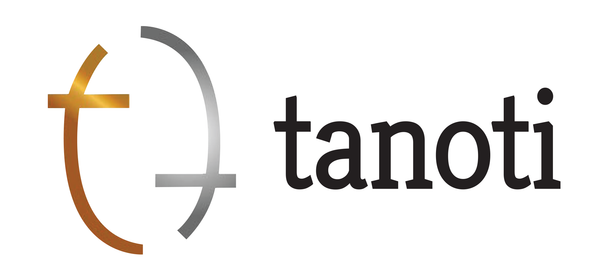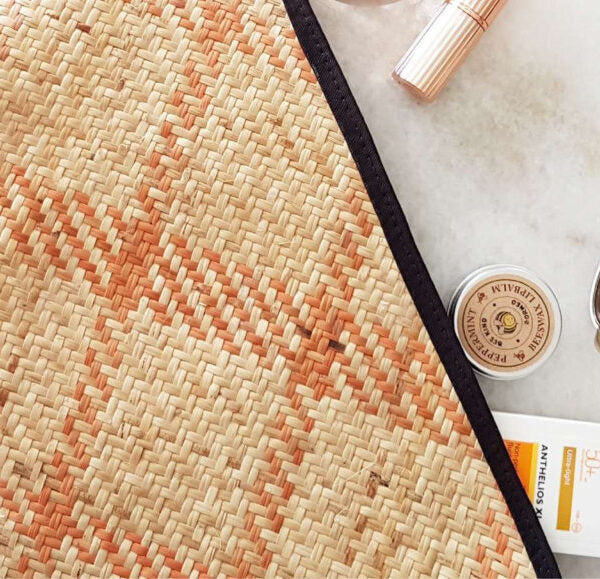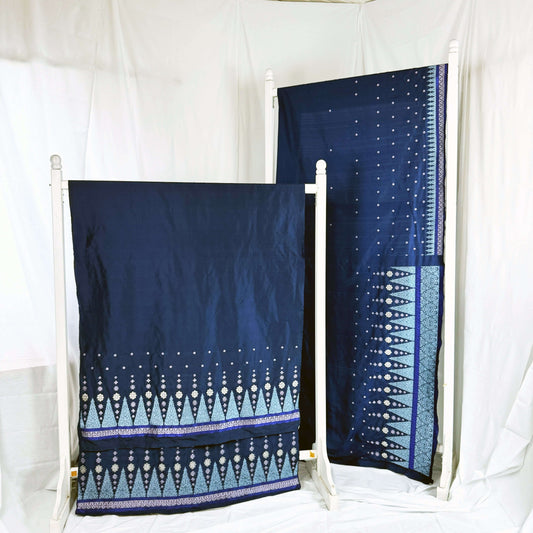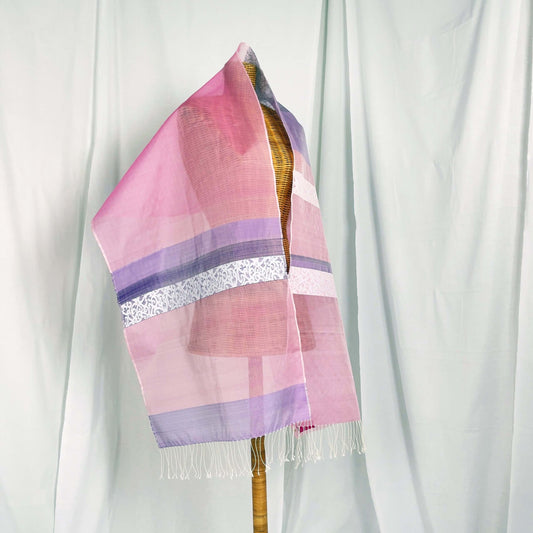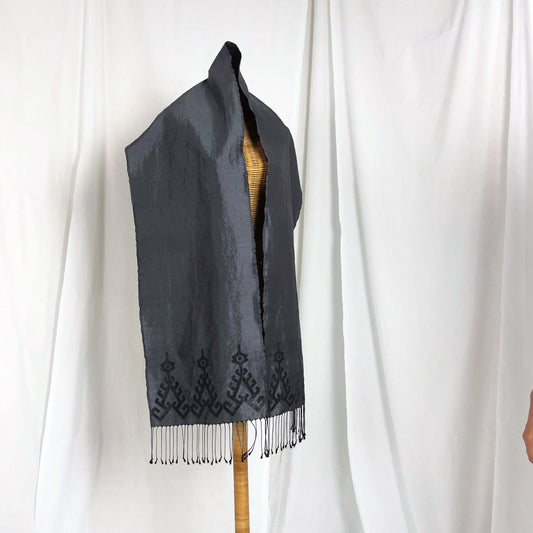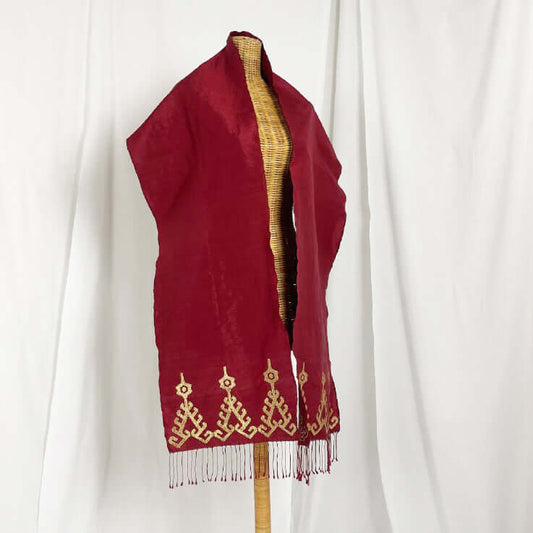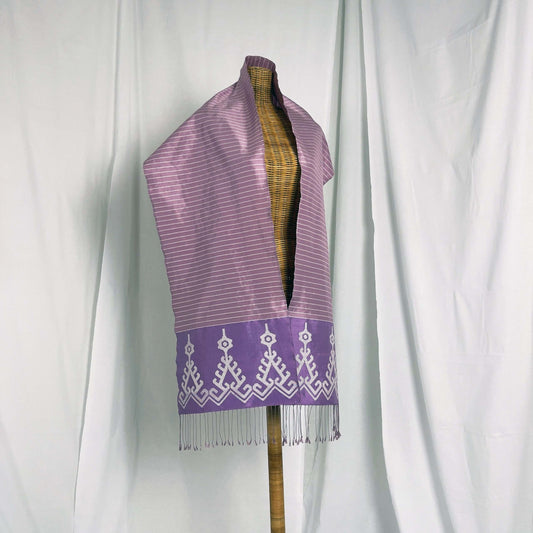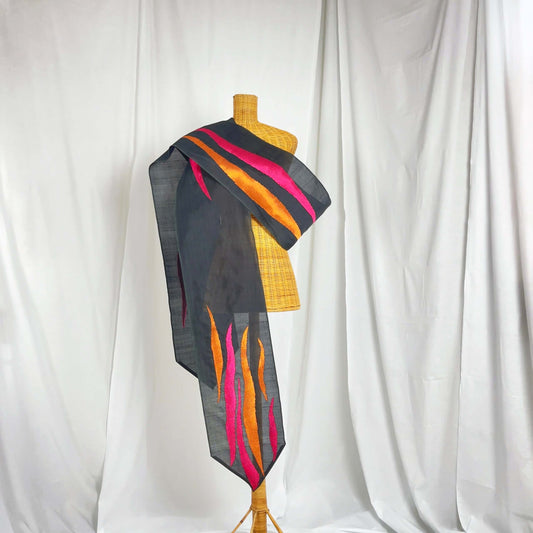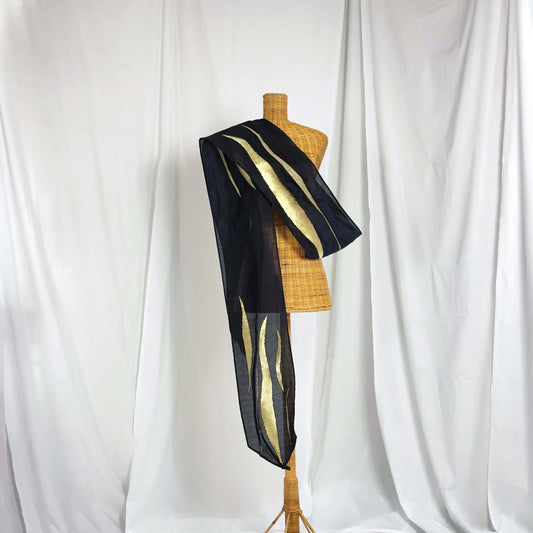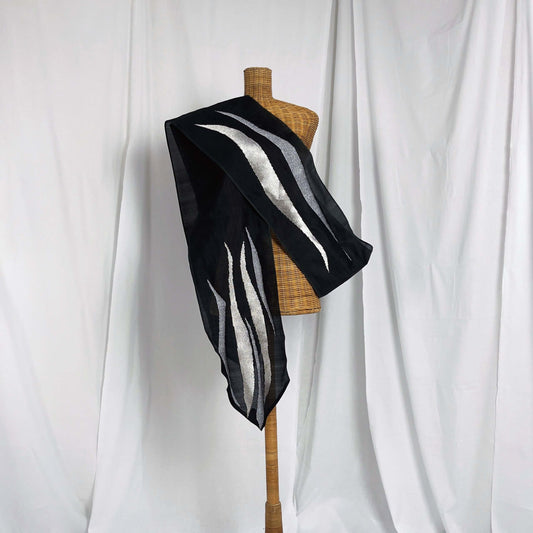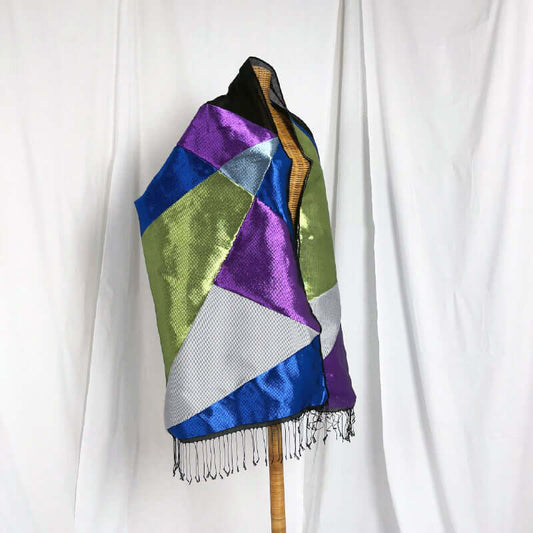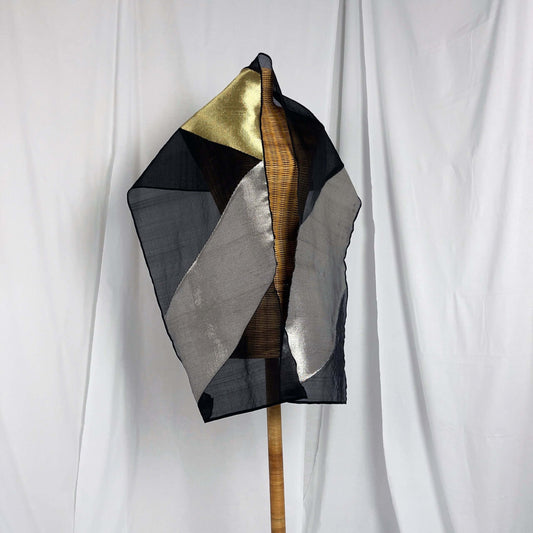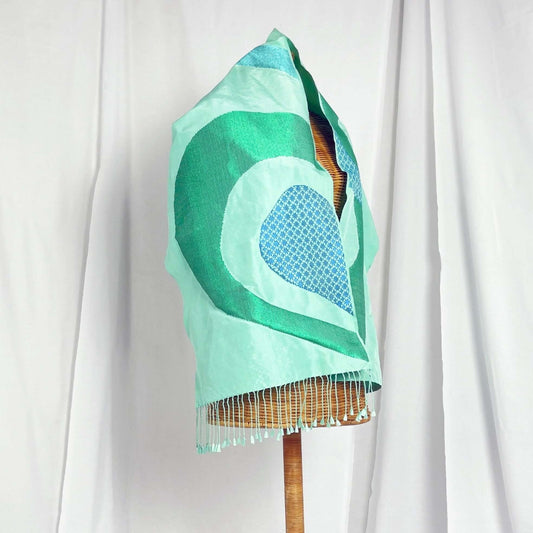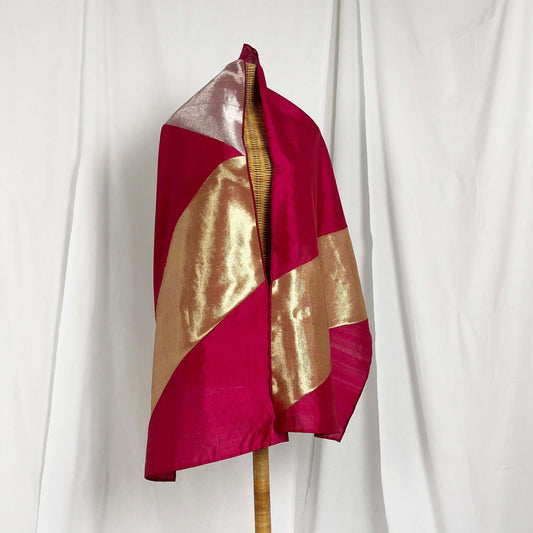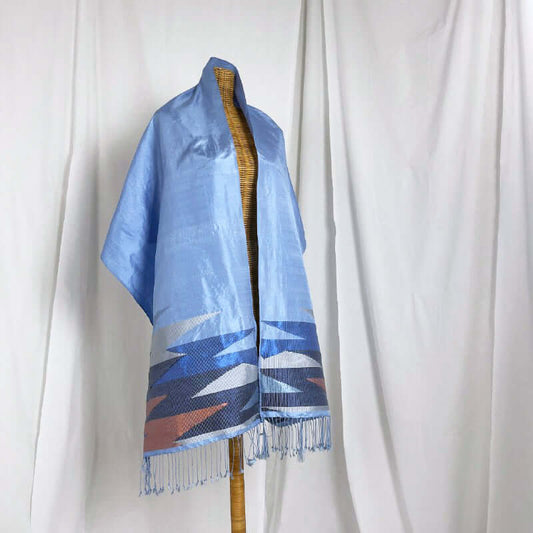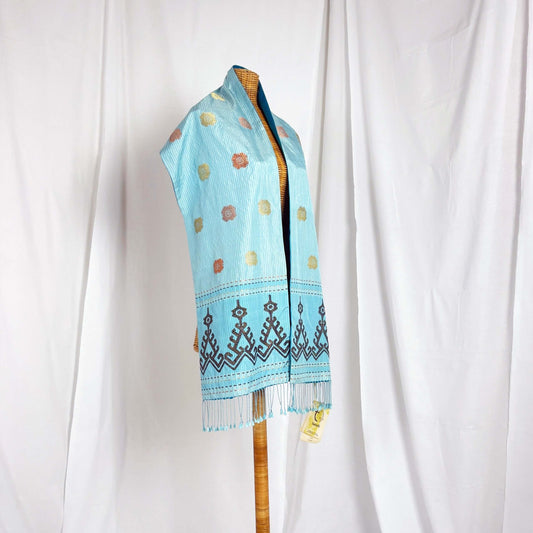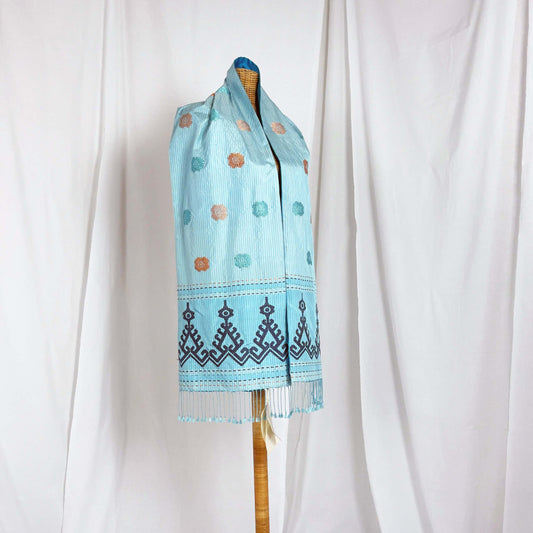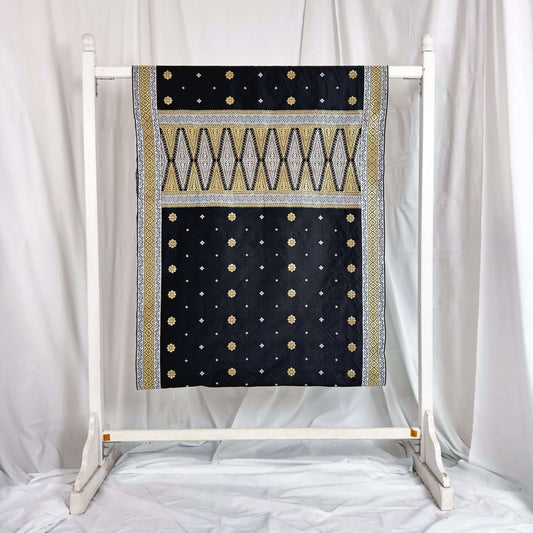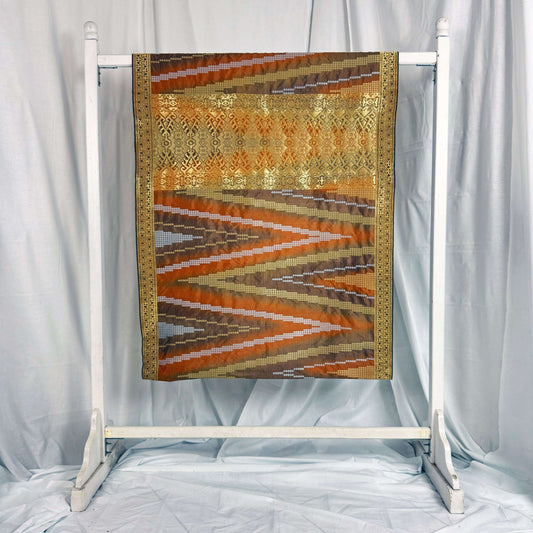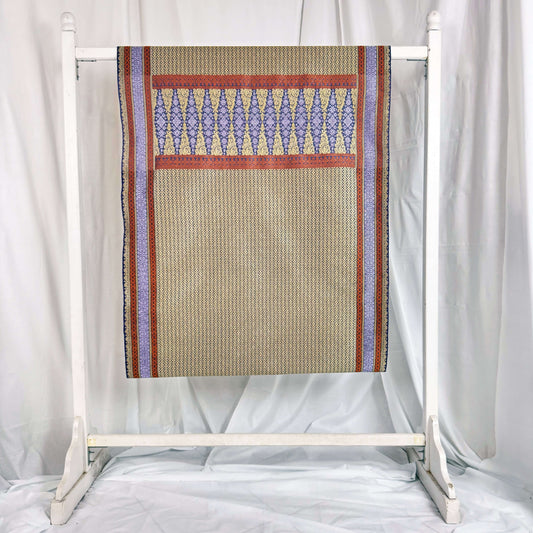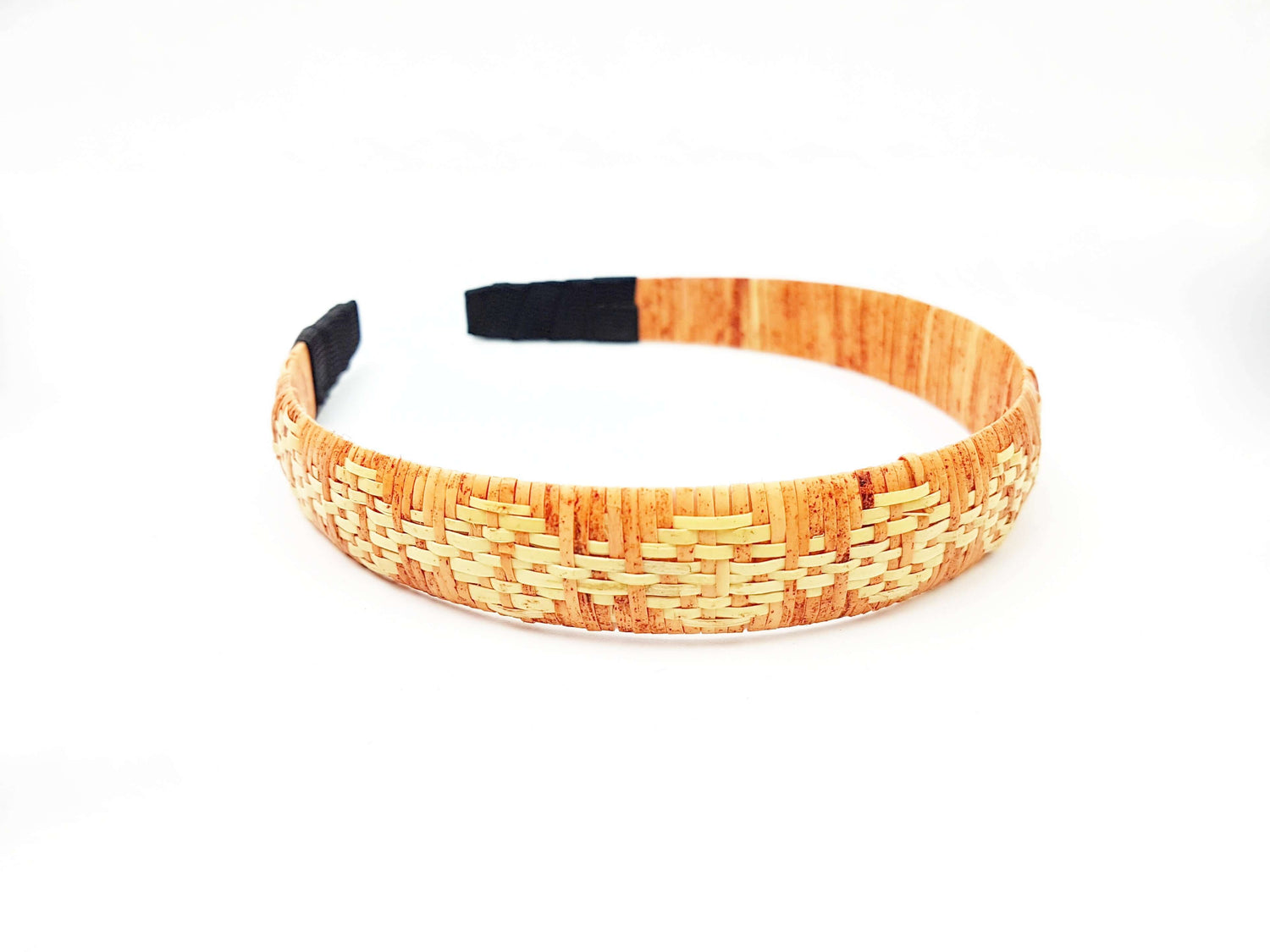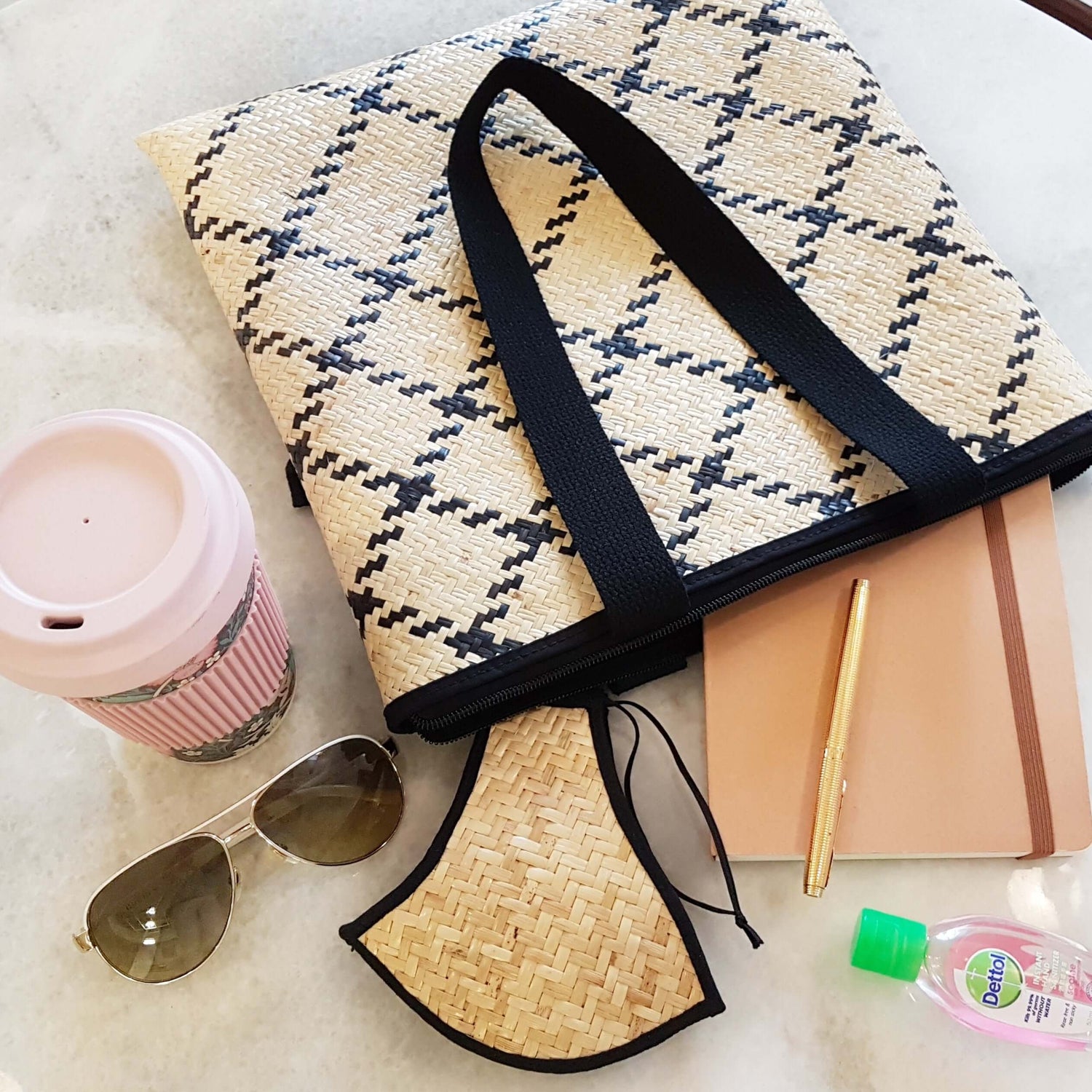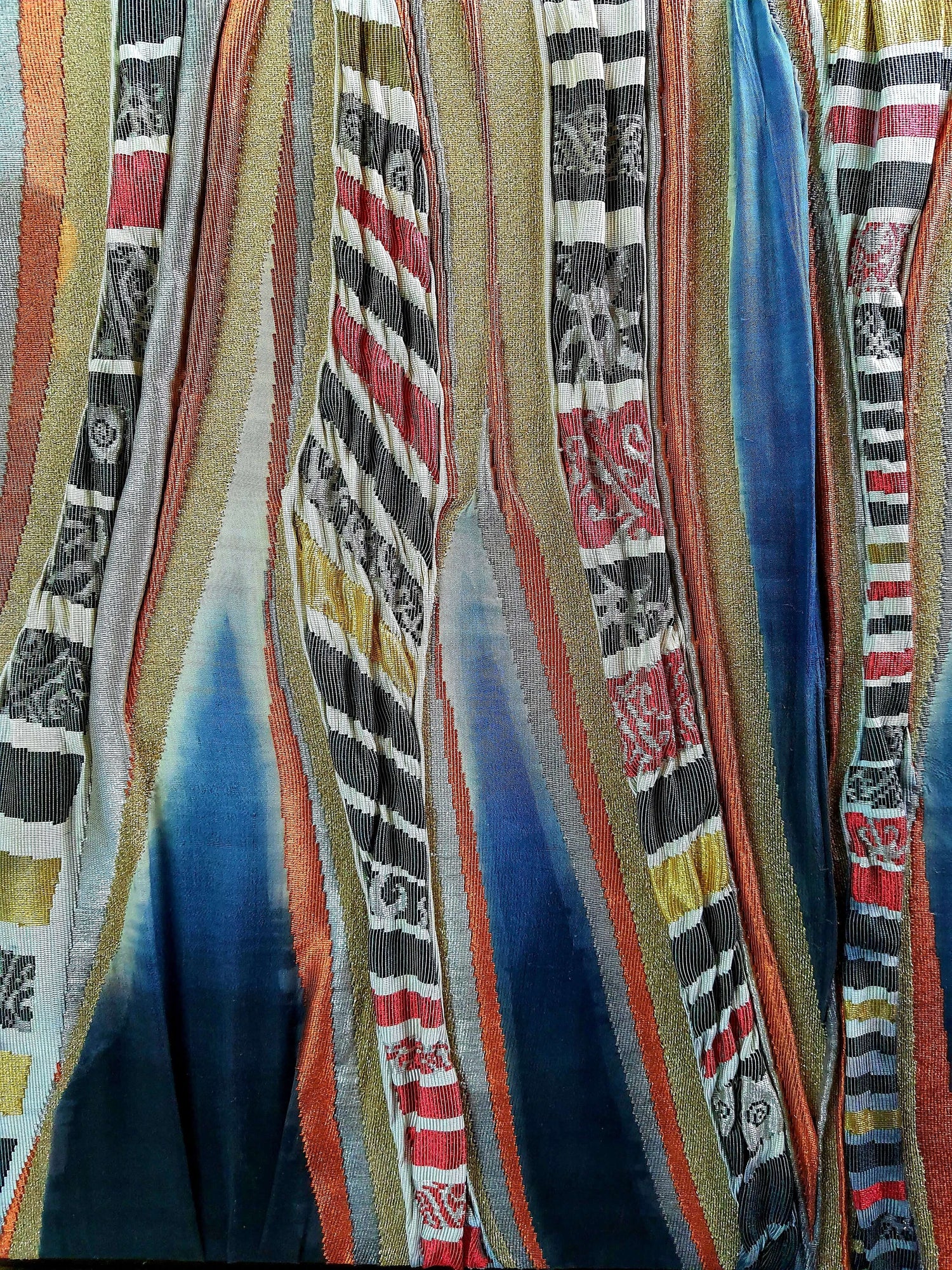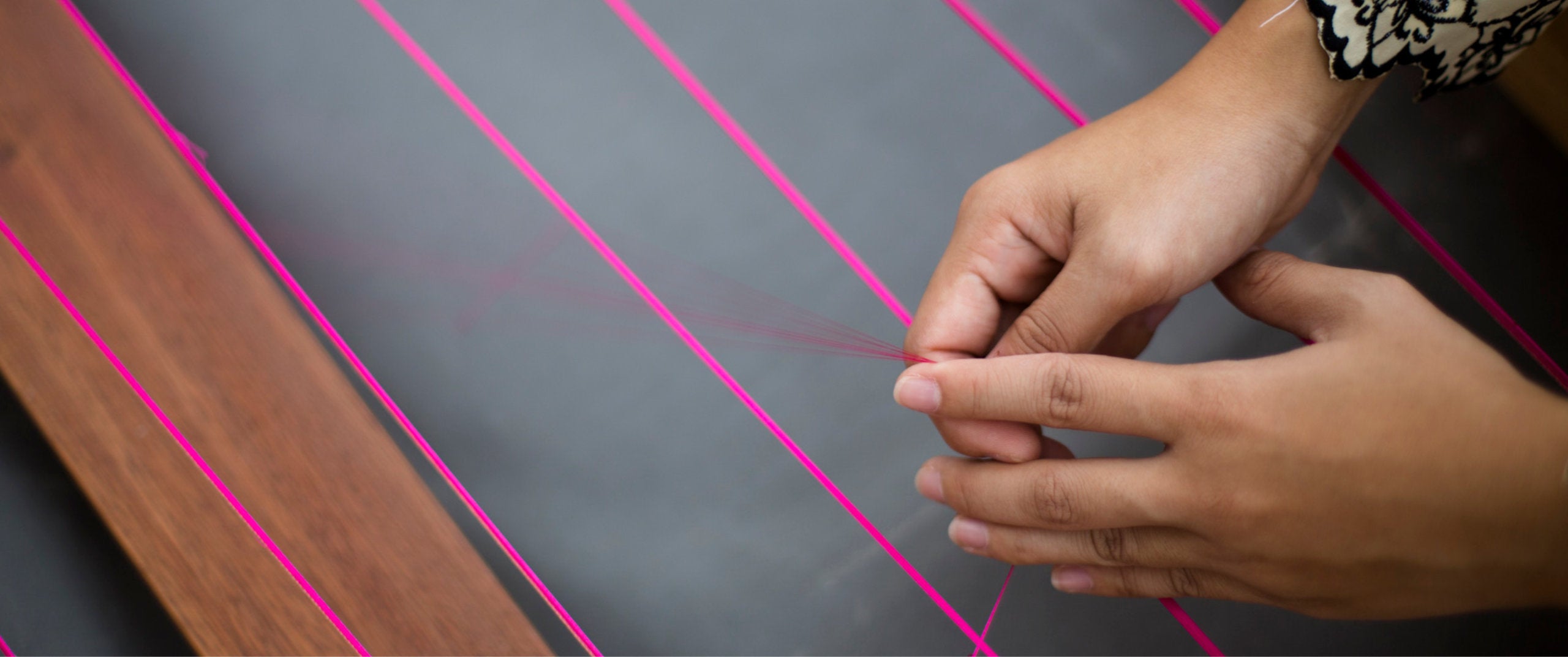
At Tanoti, a multitude of hands congregate to celebrate the rich and colourful culture of Sarawak's ancestry.

At Tanoti, a multitude of hands congregate to celebrate the rich and colourful culture of Sarawak's ancestry.
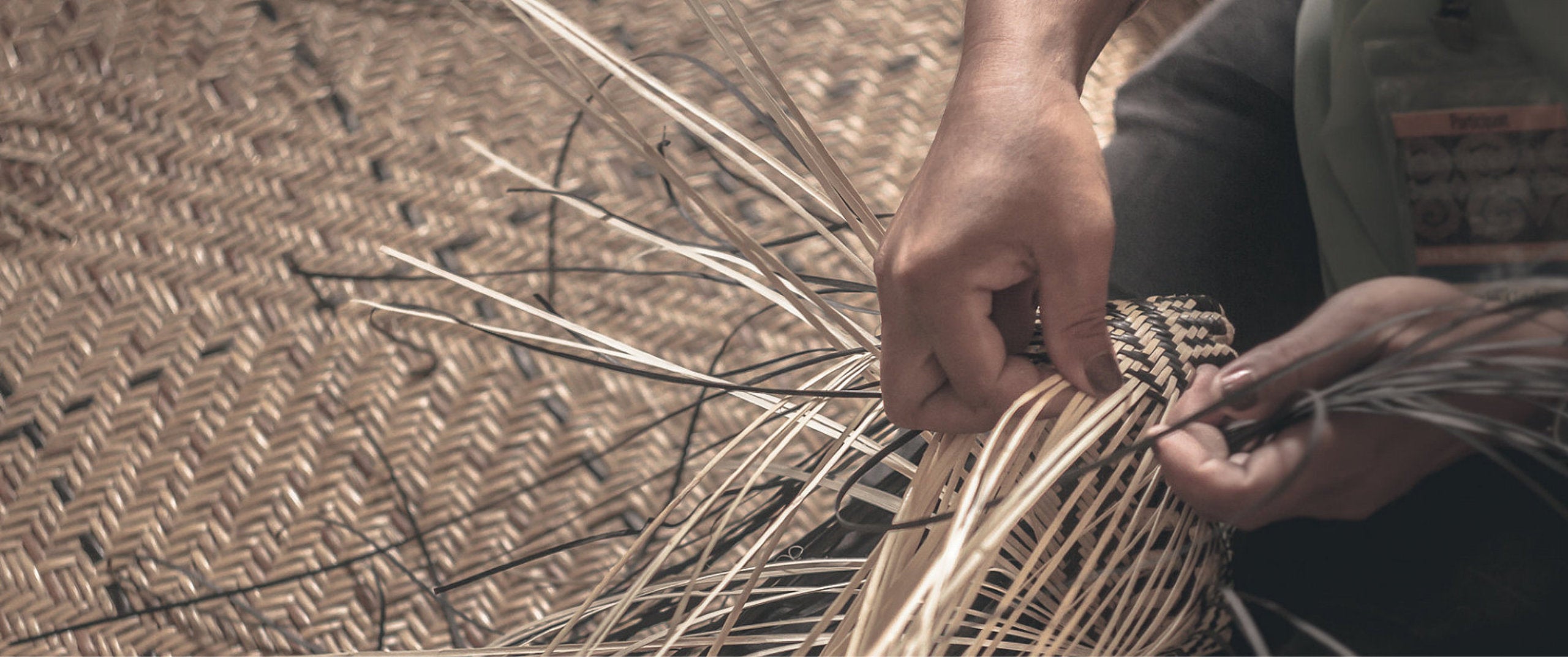
At Tanoti, a multitude of hands congregate to celebrate the rich and colourful culture of Sarawak's ancestry.
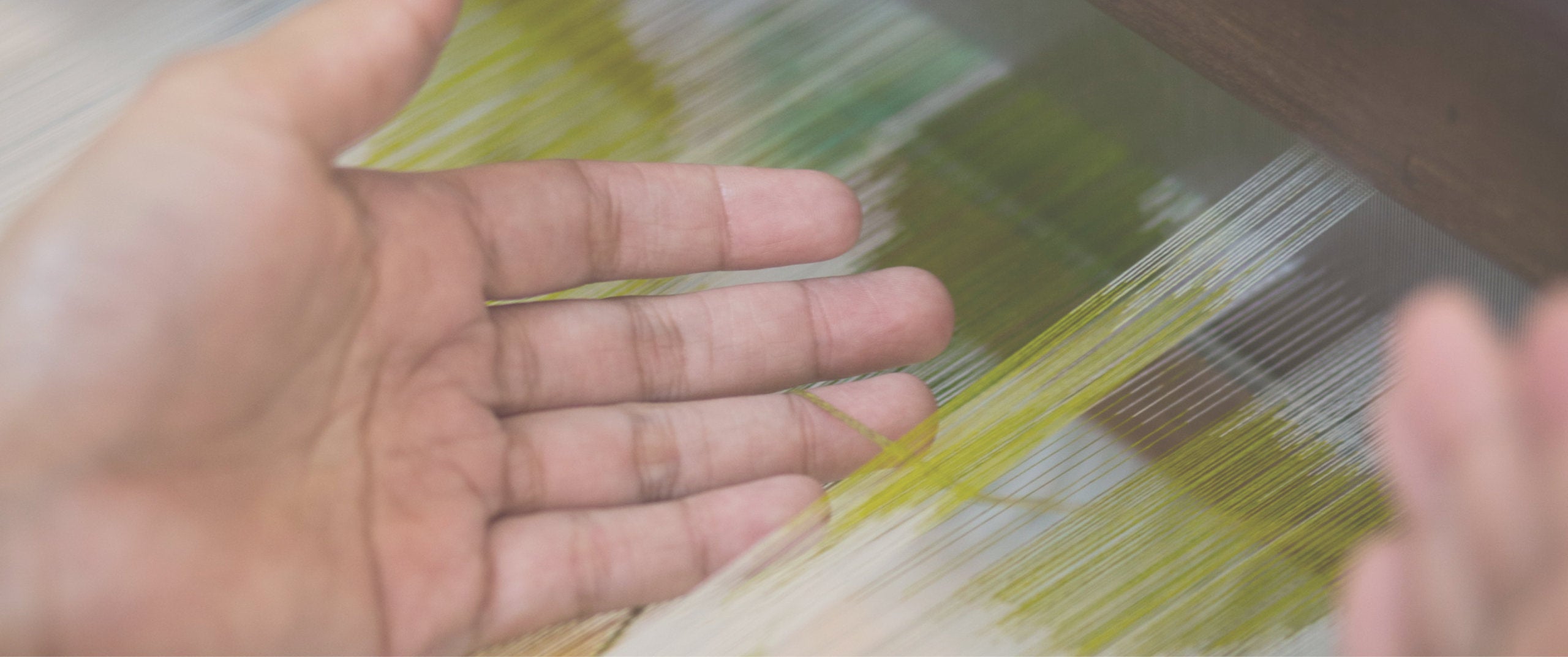
At Tanoti, a multitude of hands congregate to celebrate the rich and colourful culture of Sarawak's ancestry.
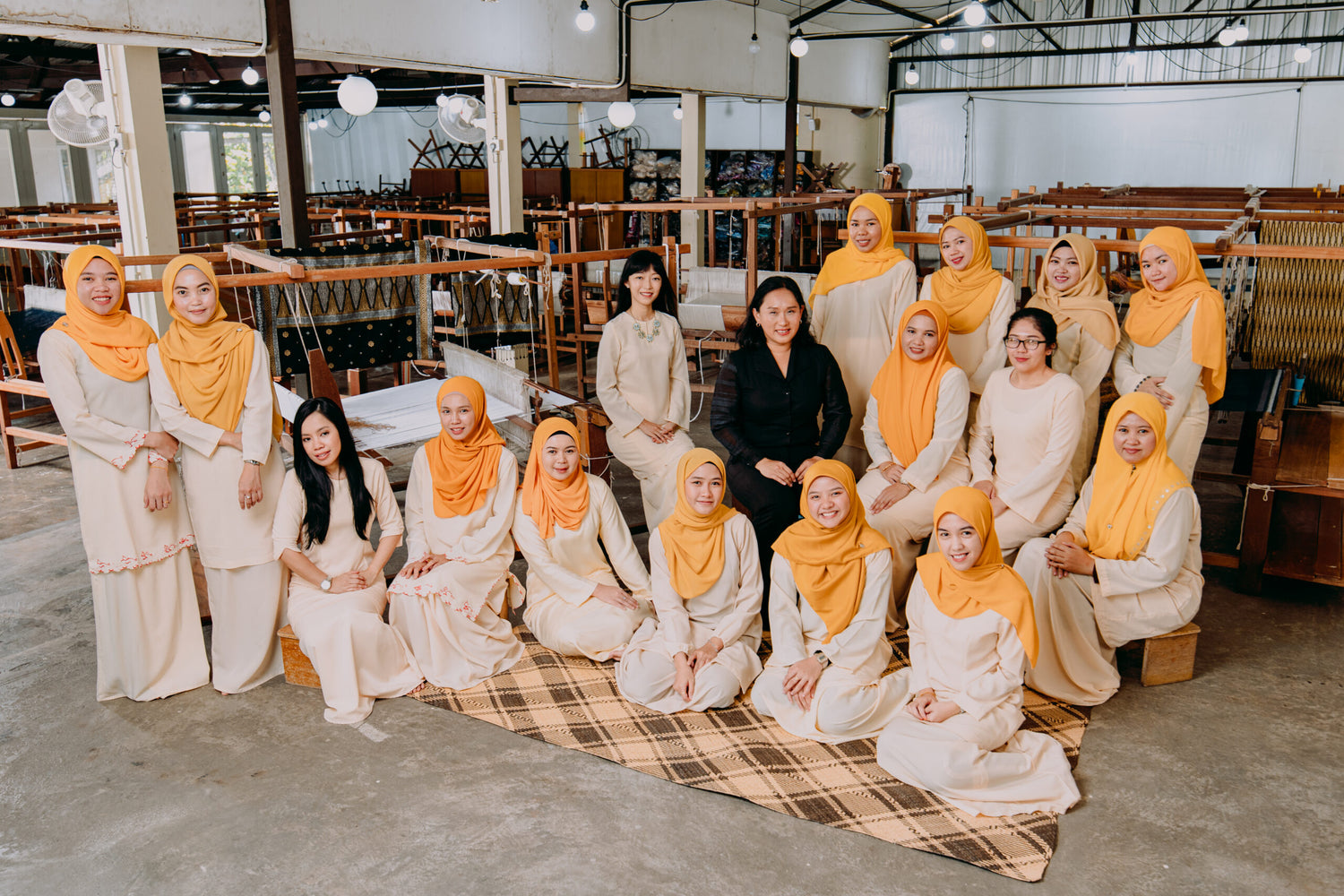
Textile traditions are fiercely guarded by the artisans of Tanoti as they commit to practising indigenous techniques the purist way, producing fabrics in the same methods as was handed down from generation to generation.
Since 2012, Tanoti has been pursuing heritage craft preservation, women empowerment and rural community building. Operating from its base in Sarawak, Malaysia, this Malaysian-accredited social enterprise engages with 500 indigenous artisans across 25 village settlements and representing 7 of the 30 ethnic groups of the land.
How wonderful is it that our land is so diverse in nature and people can birth the gift of culture – the one gift that can outlive any being : wild or tamed.
– Jacqueline Fong, Founder
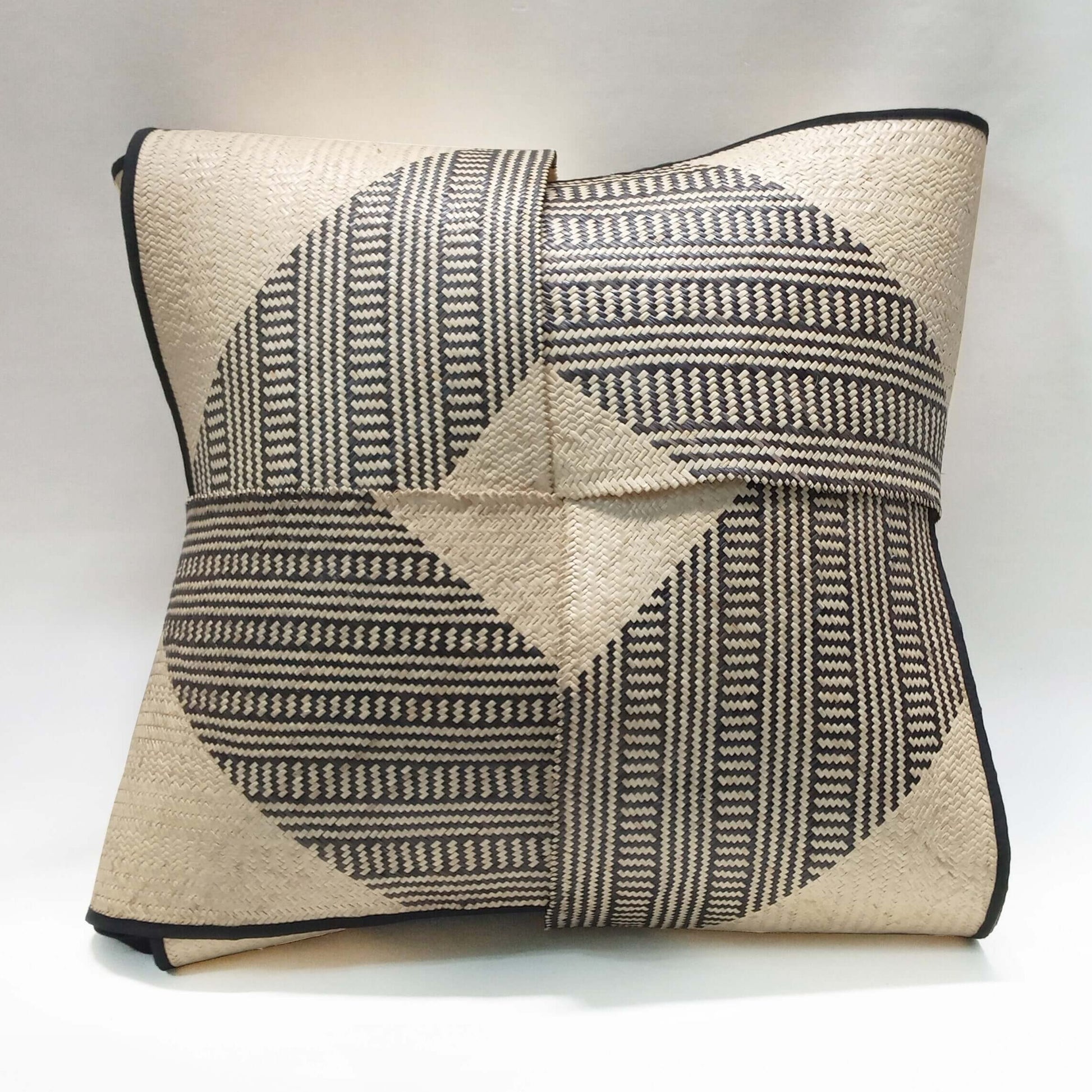

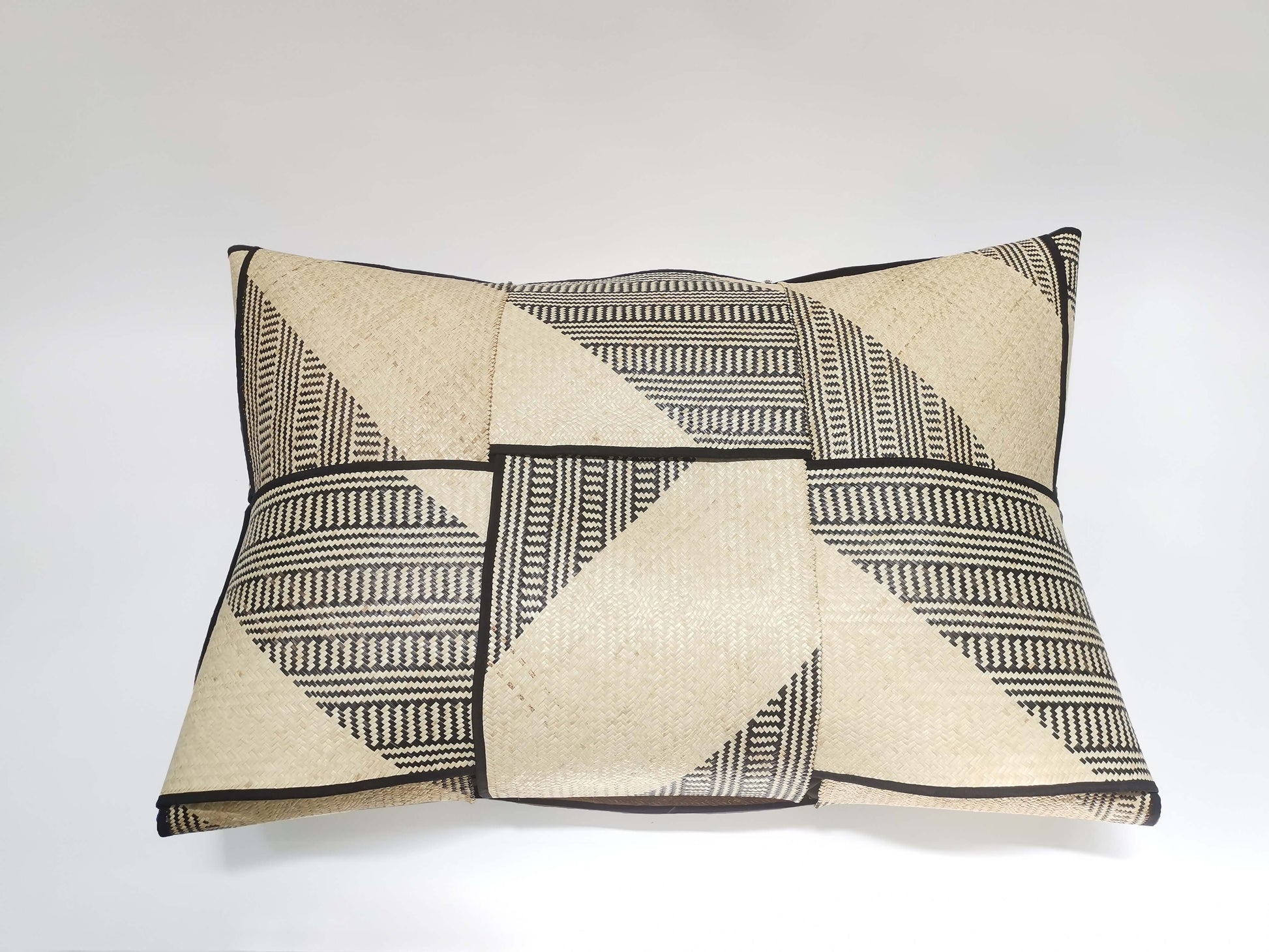
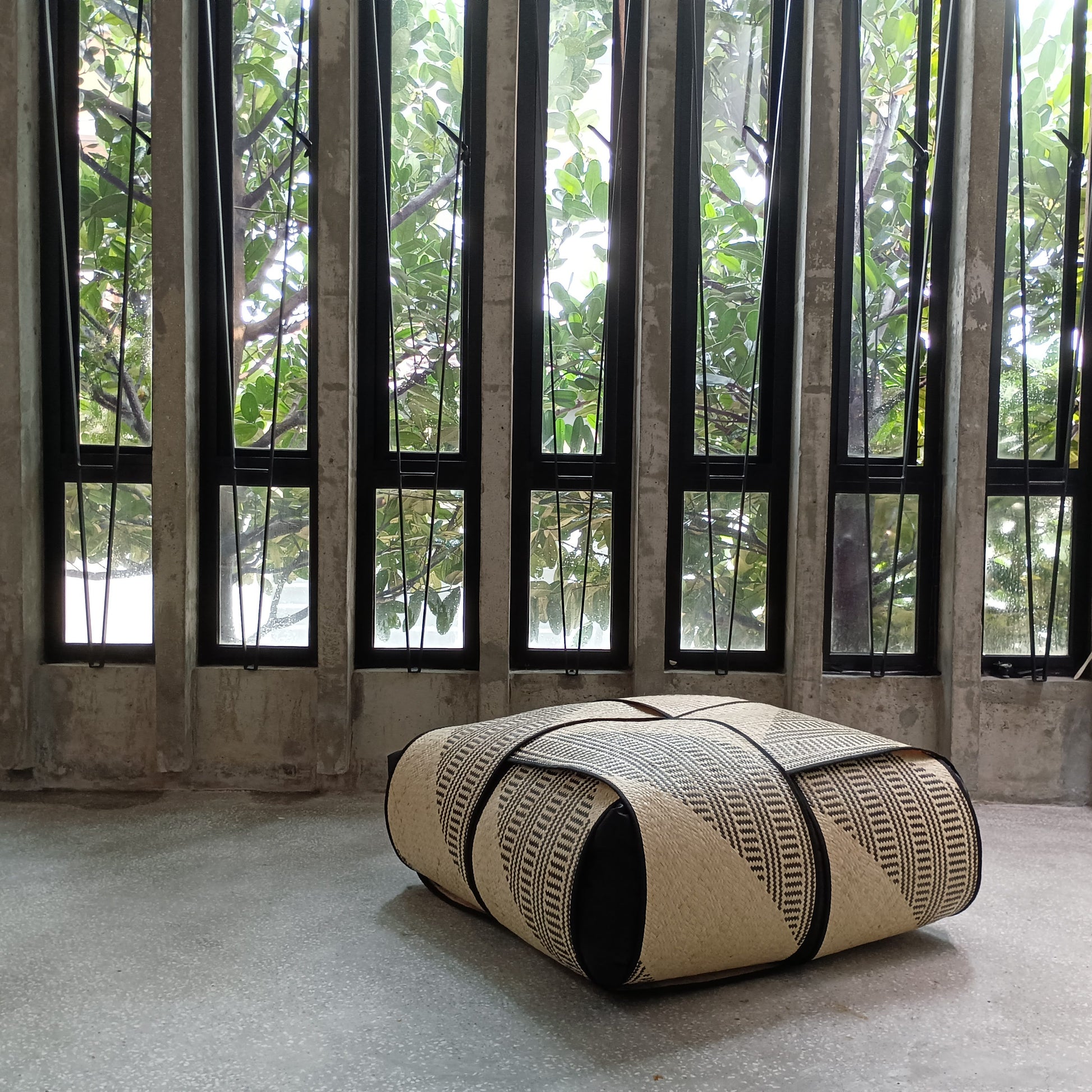
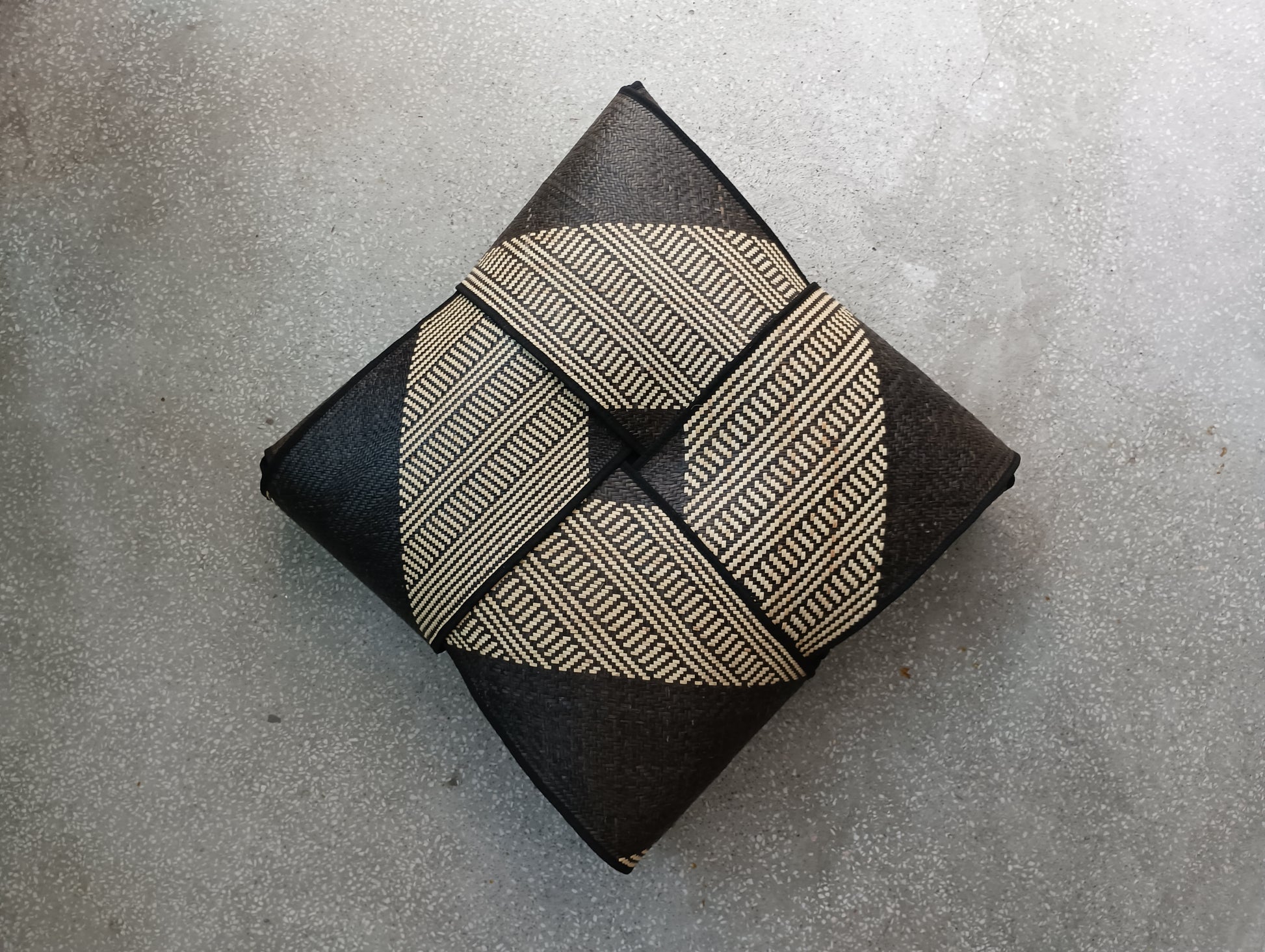
Tanoti Crafts
Pre-Order - Ketupat Pouf - 2023 Malaysia Good Design Award
Share
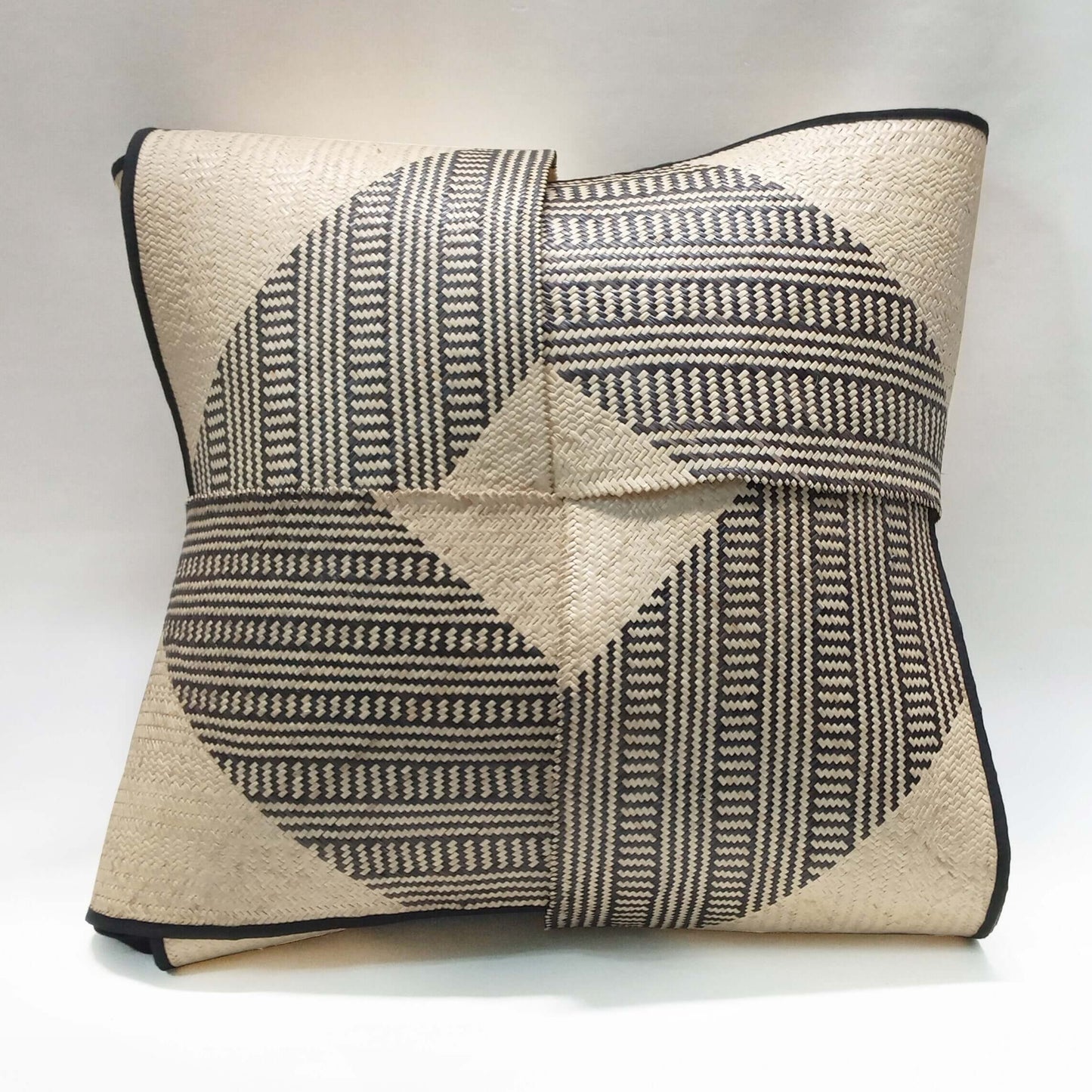


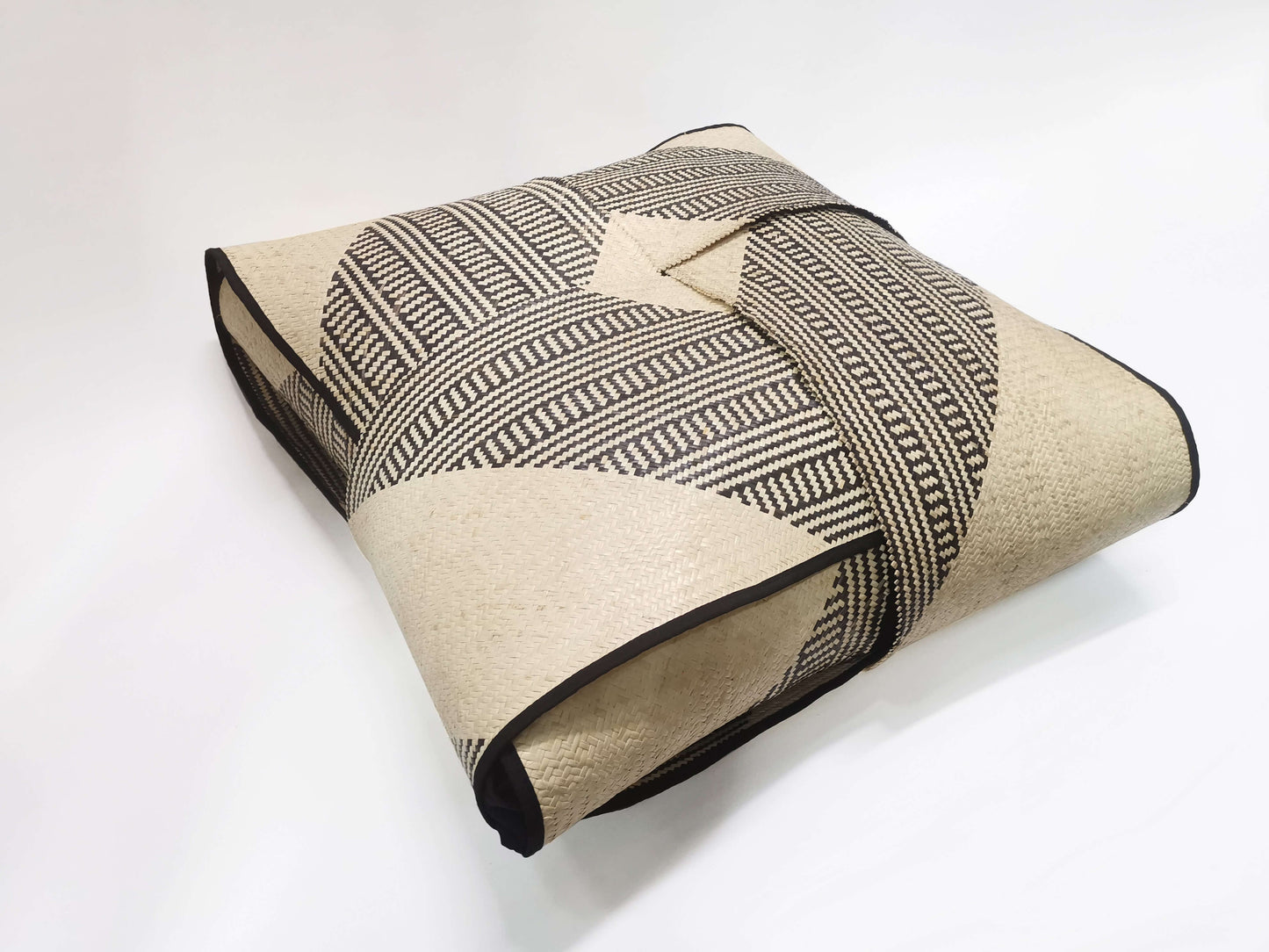
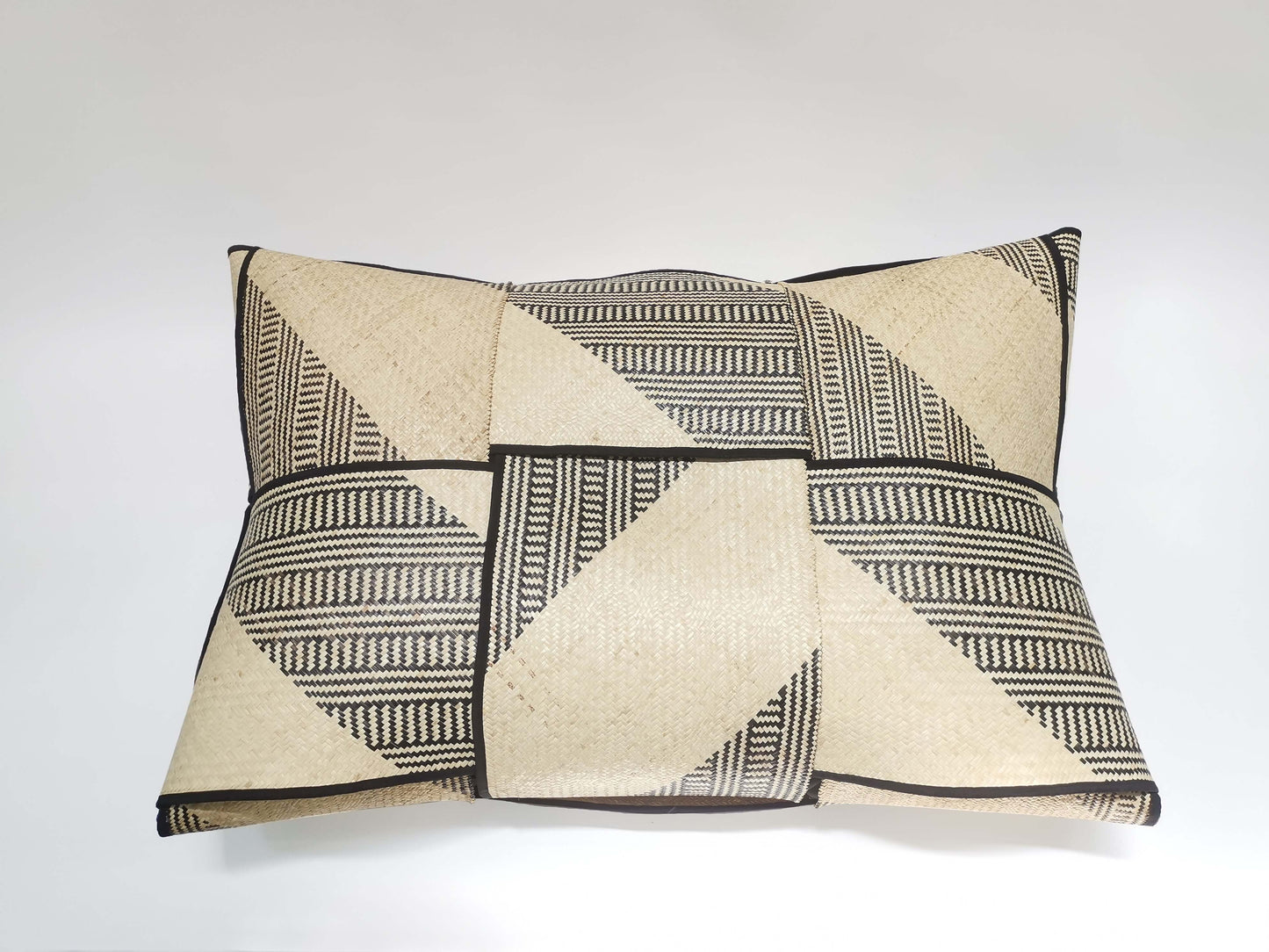
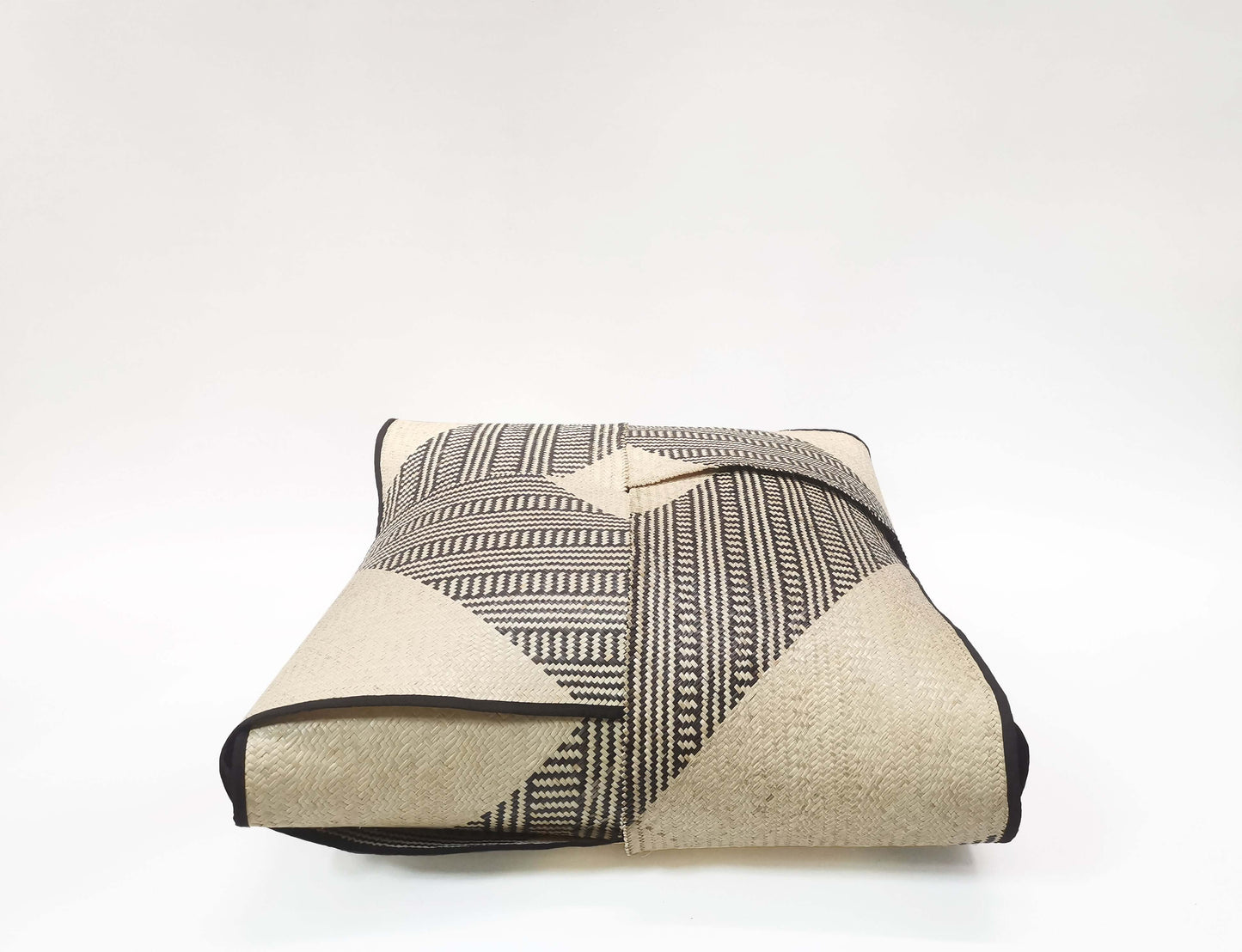
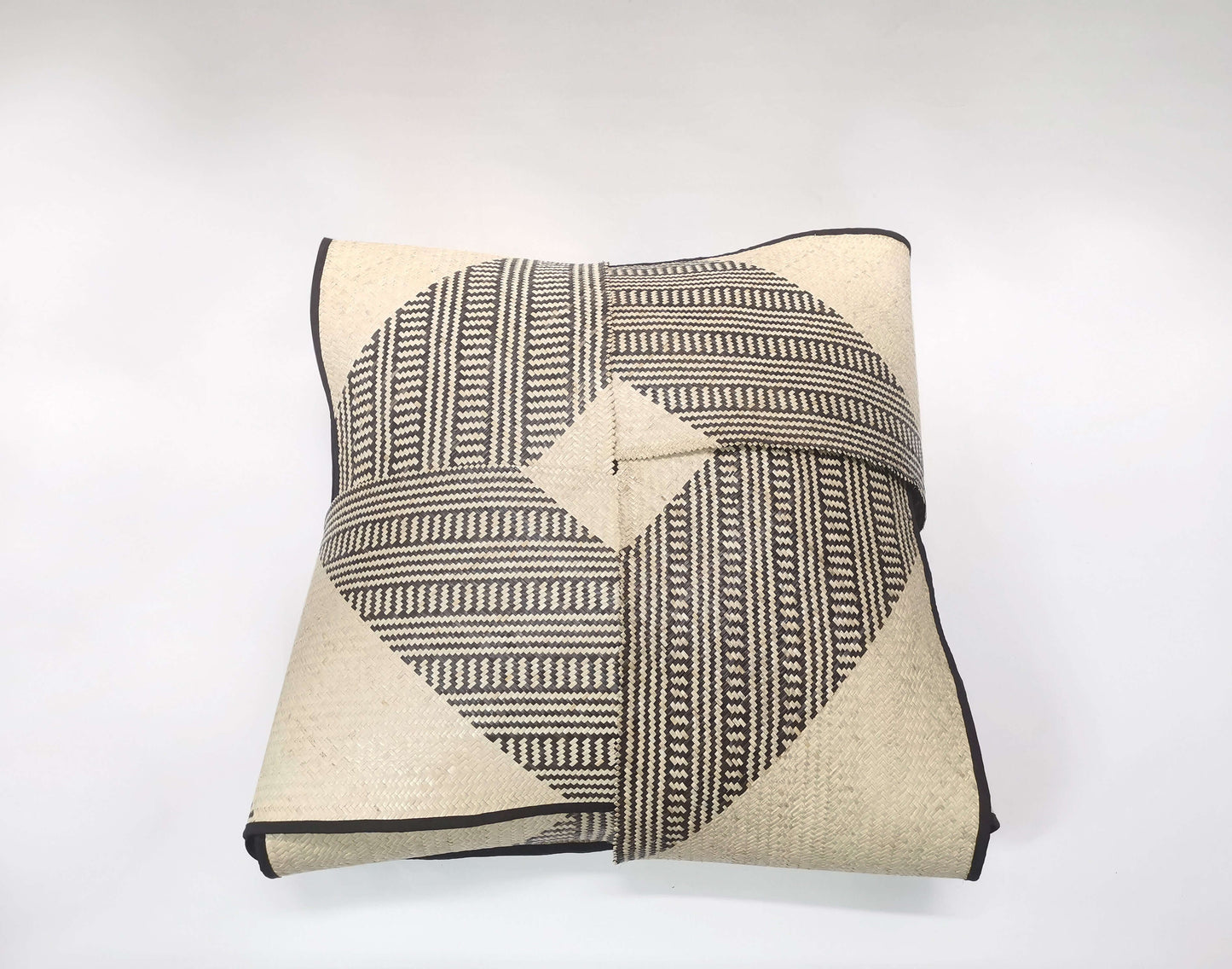
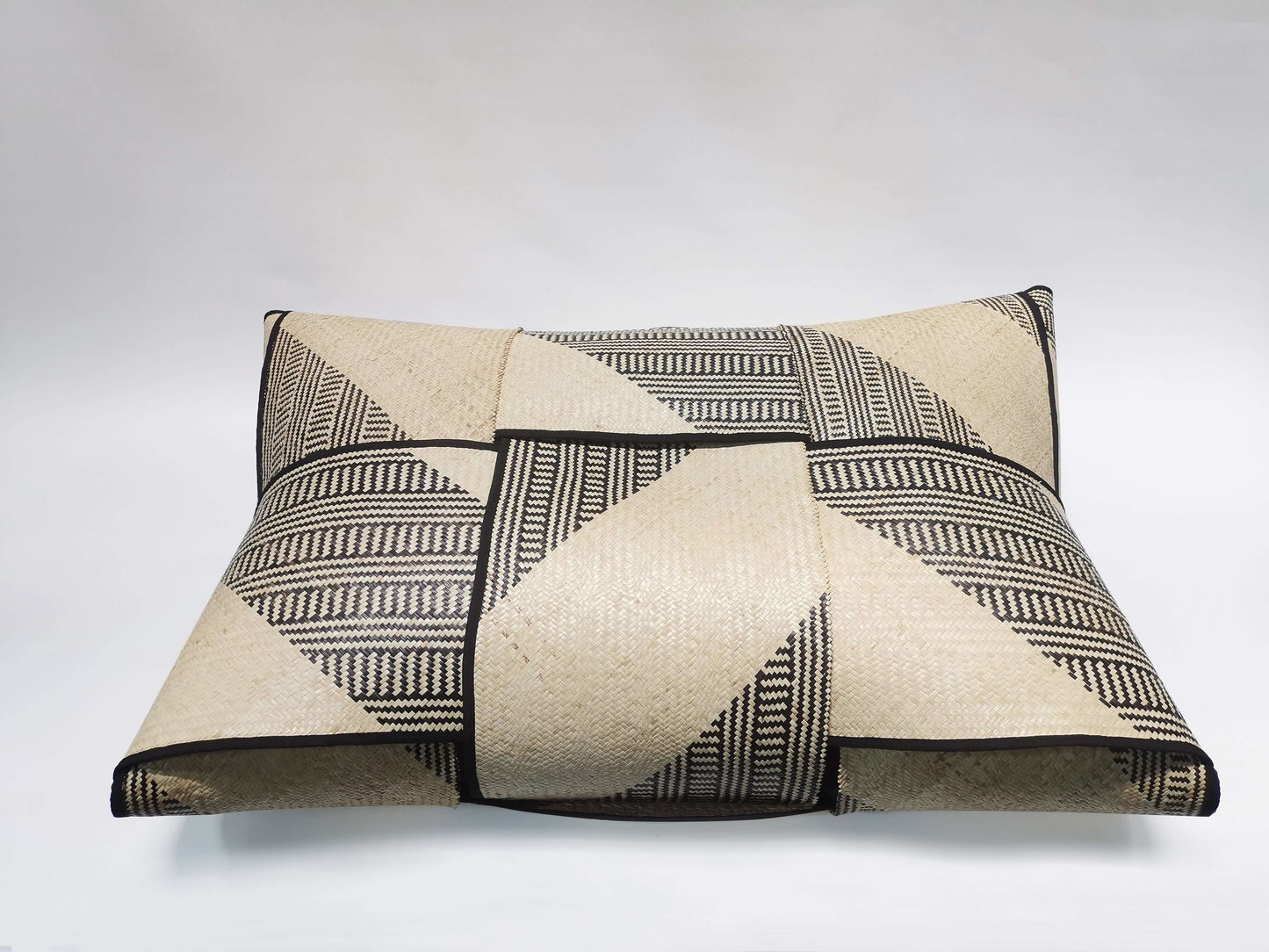
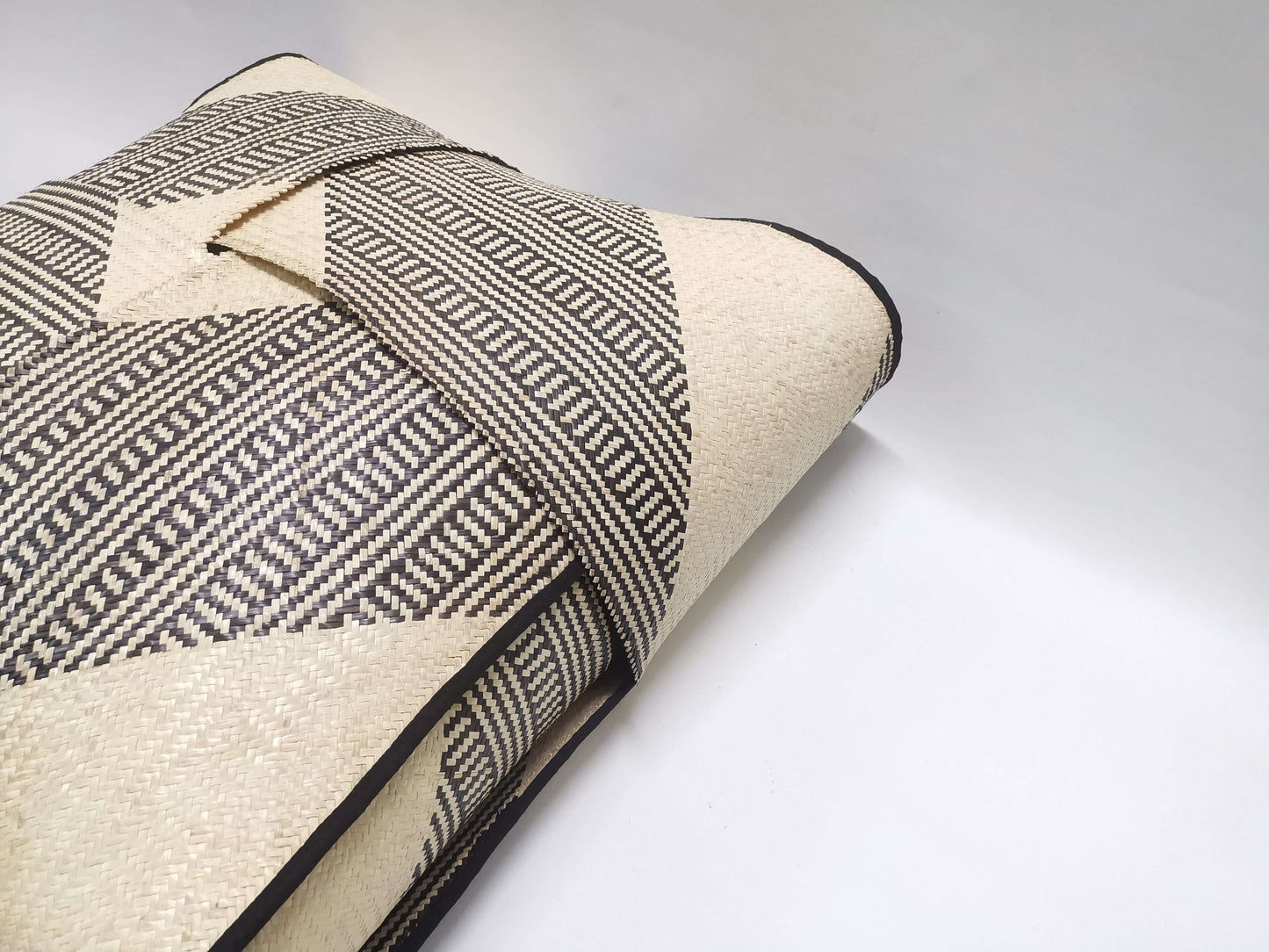
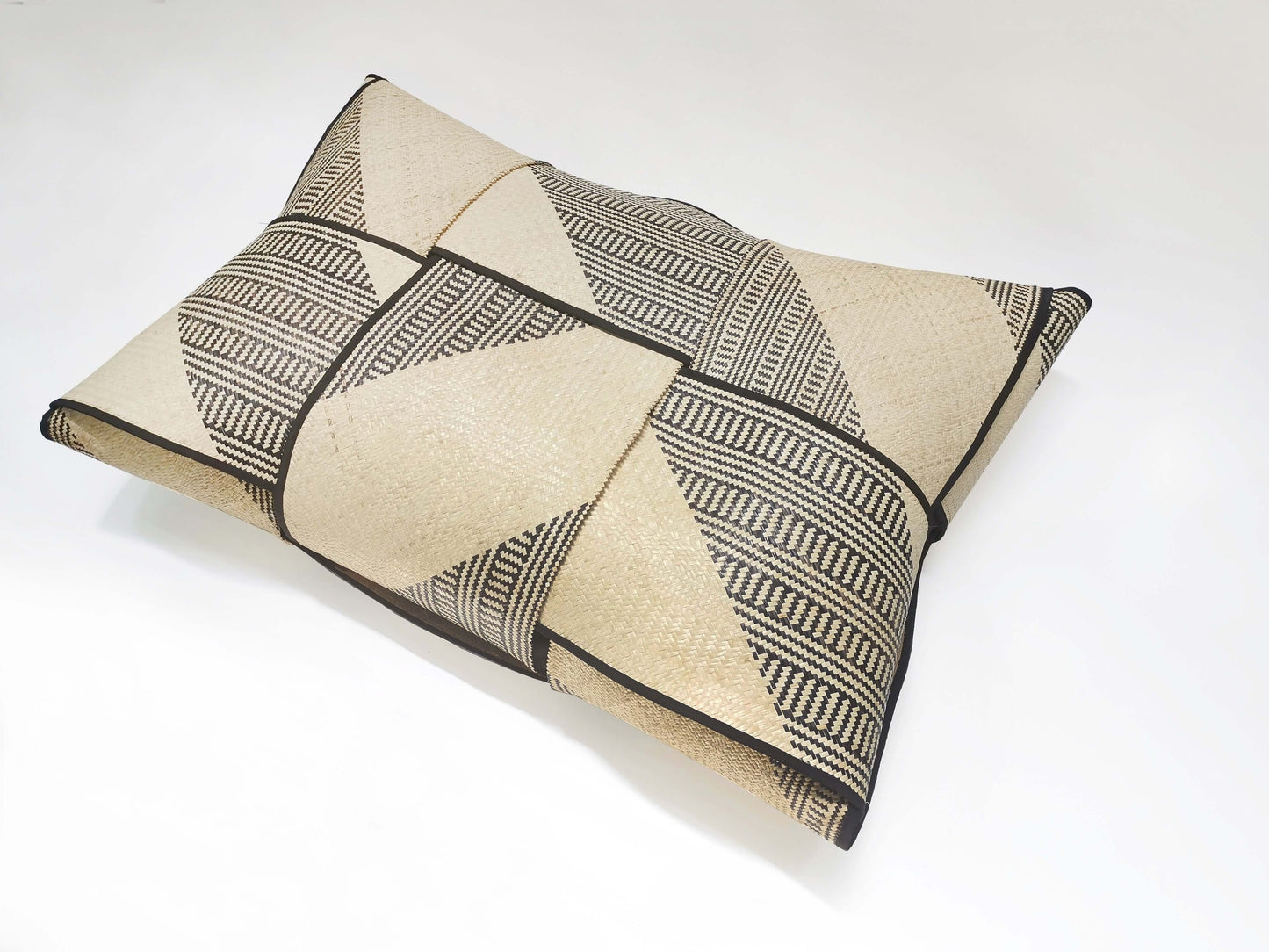
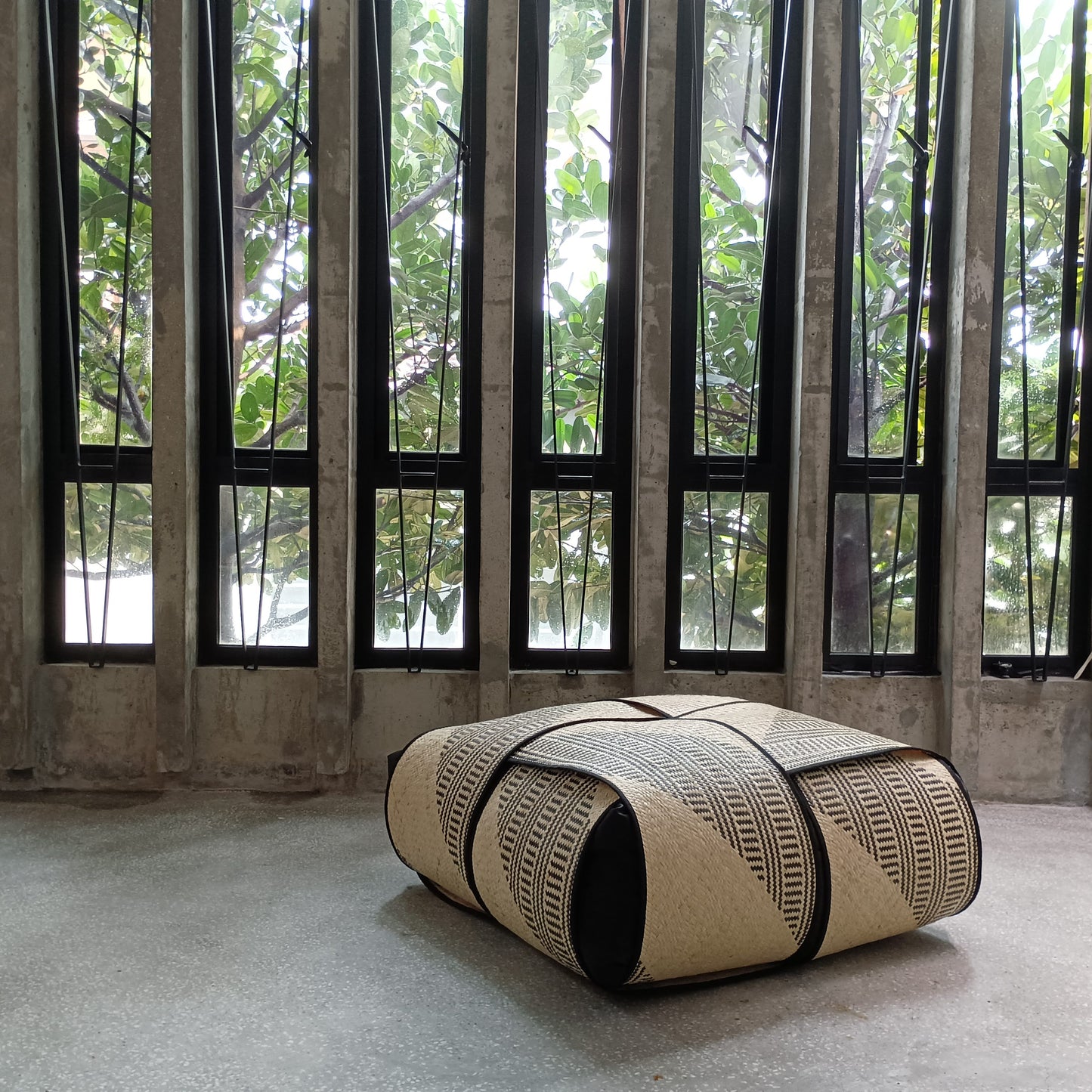
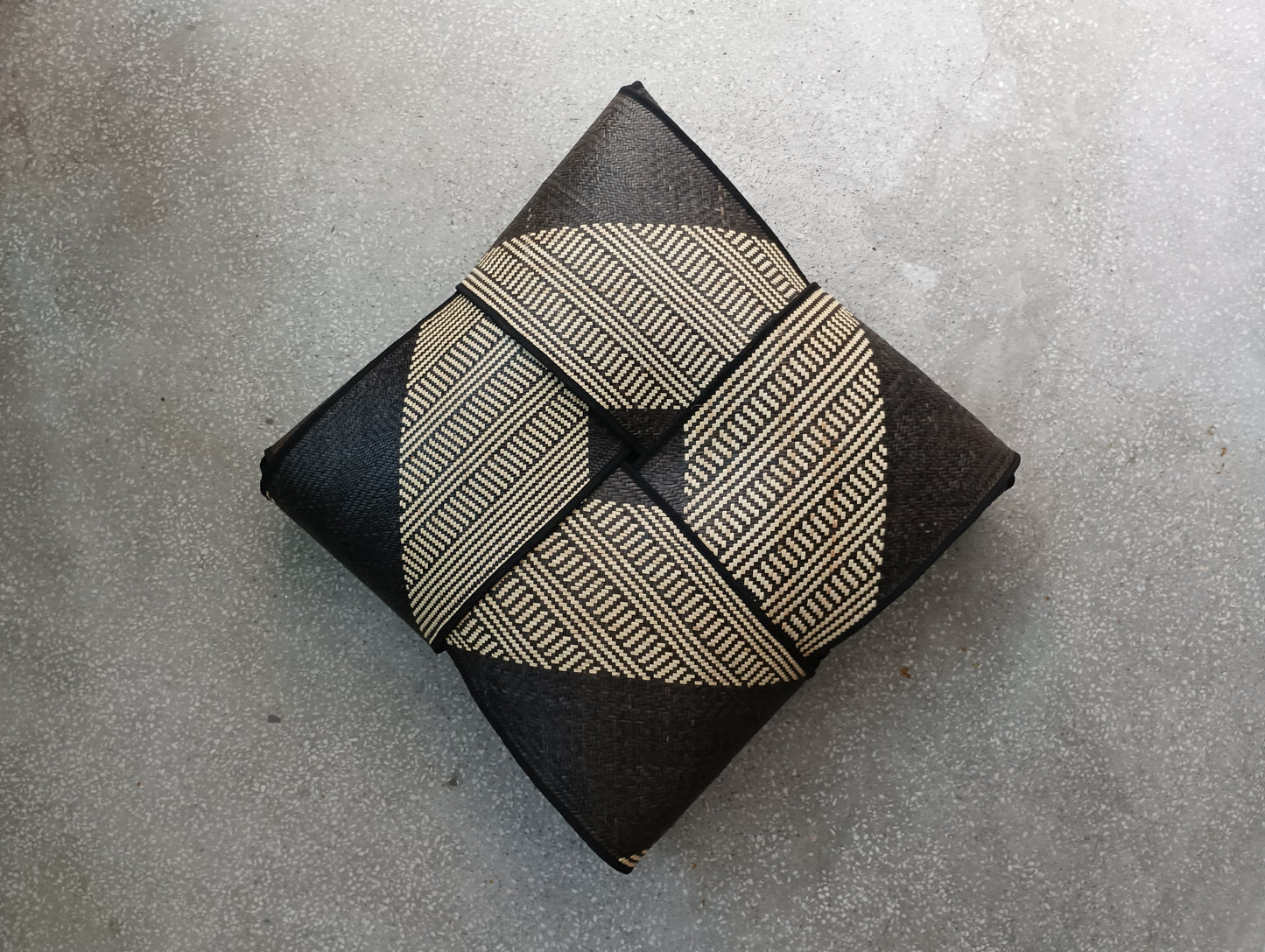
Green Christmas 2025
-
Hand-Weaved Christmas Ornaments
Regular price RM35.00 MYRRegular priceUnit price / per -
Beaded Christmas Charms
Regular price RM45.00 MYRRegular priceUnit price / per -
Christmas DIY Craft Ornaments
Regular price RM30.00 MYRRegular priceUnit price / per -
Winter Wonderland
Regular price RM100.00 MYRRegular priceUnit price / per -
Holly Jolly Christmas
Regular price RM200.00 MYRRegular priceUnit price / per -
Silver Bells
Regular price RM390.00 MYRRegular priceUnit price / per -
Joy To The World
Regular price RM500.00 MYRRegular priceUnit price / per -
O Holy Night Set
Regular price RM690.00 MYRRegular priceUnit price / per
-
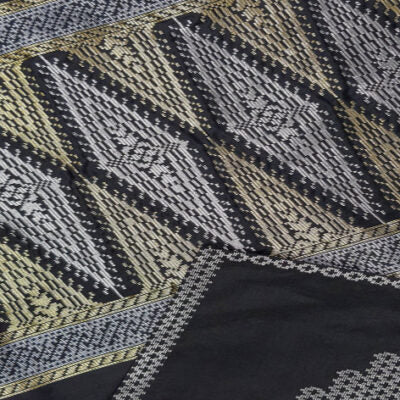
Textiles
Learn moreCustom fabrics, produced by hand by the artisan weavers of Tanoti in Sarawak, Malaysia.
-

Community
Learn moreTanoti remains sensitive towards the issues surrounding the community around us, and when circumstances require, we will always try to extend support as much as we can.
-
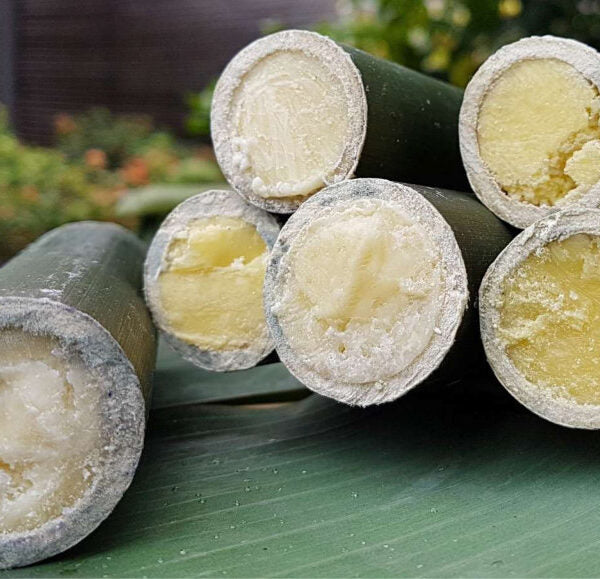
Food
Learn moreBringing you an array of specially selected foodstuffs while also supporting and showcasing local homemakers and homegrown brands in our community.
-
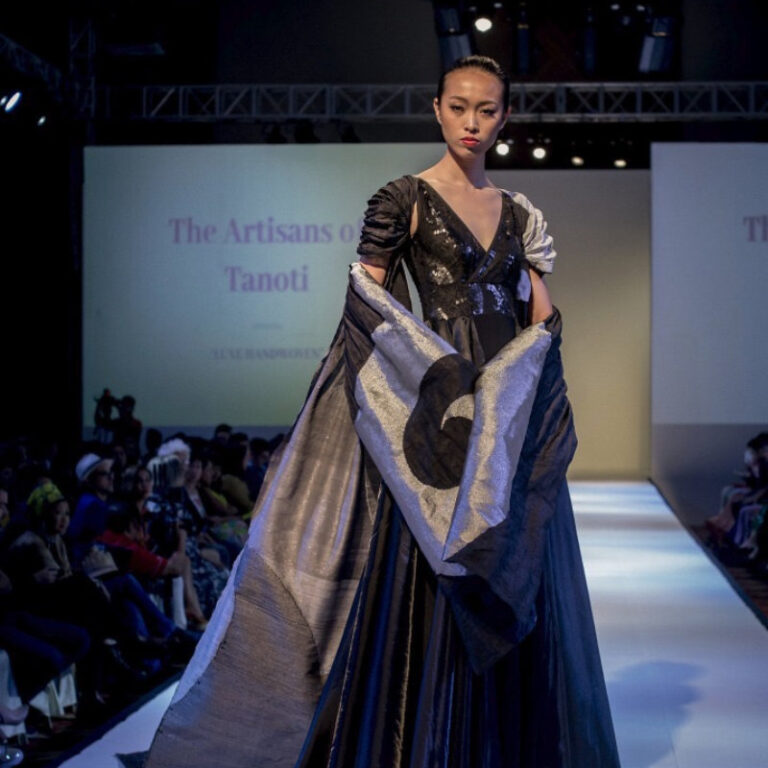
Special Projects
Learn moreAt Tanoti, we see ourselves as advocates for crafts. As co-producer of the Hasanah Gold Threads Awards, our objective is to celebrate excellence in Malaysia's heritage textiles and encourage sustained growth in this sector.
-

Tanoti NFTs
Learn moreTanoti's NFT project which was set in our efforts to ensure that the crafts production using ancestral tehniques will sustain.
Songket Textiles

Handwoven Songket Textiles
Explore our amazing collection of handwoven songket woven textiles. Each piece made...
Baju Kurung fabric in Navy Blue handwoven silk songket textile ( Set of 2 )
Bidasari Ruby handwoven silk songket textile
Handwoven Songket Shawls
-
Putri Saribas Manggis handwoven silk songket shawl textile
Regular price RM3,500.00 MYRRegular priceUnit price / per -
Iban Rebung (Grey) handwoven silk songket shawl textile
Regular price RM6,039.00 MYRRegular priceUnit price / per -
Iban Rebung (Maroon) handwoven silk songket shawl textile
Regular price RM6,039.00 MYRRegular priceUnit price / per -
Iban Rebung(Lilac) handwoven silk songket shawl textile
Regular price RM6,039.00 MYRRegular priceUnit price / per -
Selampai Jambu handwoven silk songket shawl textile
Regular price RM1,980.00 MYRRegular priceUnit price / per -
Selampai Emas handwoven silk songket shawl textile
Regular price RM2,445.00 MYRRegular priceUnit price / per -
Selampai Perak handwoven silk songket shawl textile
Regular price RM1,980.00 MYRRegular priceUnit price / per -
Luminesque Blue Sapphire handwoven silk songket shawl textile
Regular price RM4,680.00 MYRRegular priceUnit price / per -
Geometric Triangular Bands (Black) handwoven silk organza songket shawl textile
Regular price RM3,856.50 MYRRegular priceUnit price / per -
Prophesies Frozen 2(green) handwoven silk songket shawl textile
Regular price RM1,735.50 MYRRegular priceUnit price / per -
Prophesies Frozen 1(green) handwoven silk songket shawl textile
Regular price RM4,929.00 MYRRegular priceUnit price / per -
Geometric Triangular Bands (Red) handwoven silk songket shawl textile
Regular price RM2,777.40 MYRRegular priceUnit price / per -
Luminesque Tourmaline handwoven silk songket shawl textile
Regular price RM4,680.00 MYRRegular priceUnit price / per -
Iban Rebung (Brown) handwoven silk songket shawl textile
Regular price RM5,126.40 MYRRegular priceUnit price / per -
Iban Rebung (Navy) handwoven silk songket shawl textile
Regular price RM6,039.00 MYRRegular priceUnit price / per
Handwoven Songket Textiles
-
Baju Kurung fabric in Navy Blue handwoven silk songket textile ( Set of 2 )
Regular price RM18,945.00 MYRRegular priceUnit price / per -
Baju Kurung fabric in lime green handwoven organza silk songket textile ( Set of 3 )
Regular price RM16,920.00 MYRRegular priceUnit price / per -
Bidasari Ruby handwoven silk songket textile
Regular price RM4,689.00 MYRRegular priceUnit price / per -
Bidasari handwoven silk songket textile
Regular price RM8,932.50 MYRRegular priceUnit price / per
Handwoven Songket Sampins
-
TANOTI PELIKAT SAMPIN TCC 240424 Z HY 001
Regular price RM8,000.00 MYRRegular priceUnit price / per -
Sampin Gemilang in Royal Amethyst
Regular price RM20,160.00 MYRRegular priceUnit price / per -
Sinar Bulan handwoven silk songket sampin textile
Regular price RM9,513.00 MYRRegular priceUnit price / per -
Saribas handwoven silk songket sampin textile
Regular price RM33,021.00 MYRRegular priceUnit price / per -
Indera Kayangan handwoven silk songket sampin textile
Regular price RM19,743.00 MYRRegular priceUnit price / per
Tanoti collections
-

Home Decor and Furniture
Aureole design collaboration project with @tanoticrafts – exploring traditional crafts and representing them into...
-
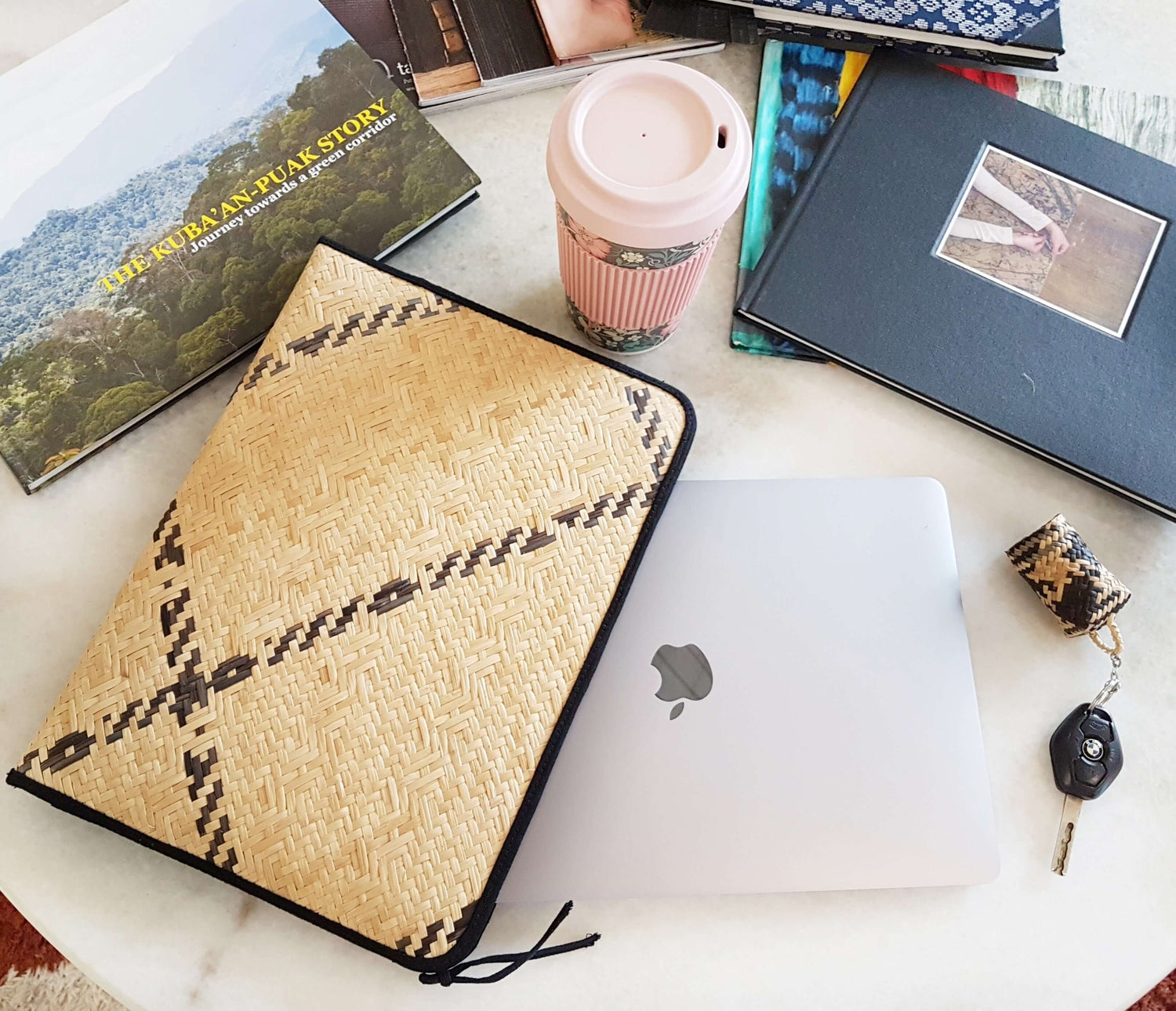
Laptop & Tablet Cases
These stunning handwoven Rattan Laptop Cases feature unique Penan lattice patterns, are...
-
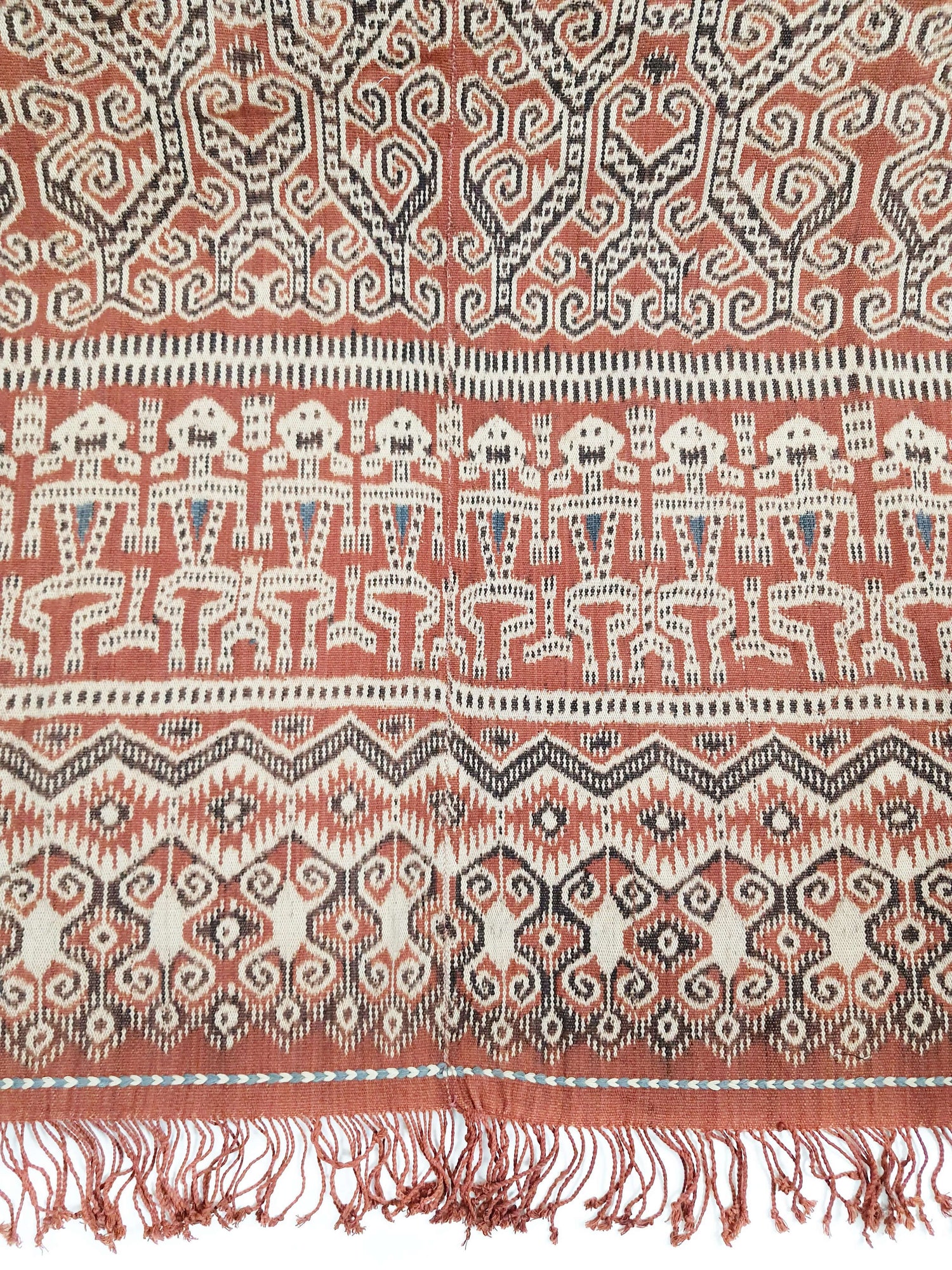
Pua Kumbu Tapestries
Pua Kumbu, the fabric of the Iban people of SarawakThe pua kumbu...
-

Pua Kumbu Cushions
Amazing cushions made by hand from Pua Kumbu, a traditionally woven Iban...
-

Songket for corporate
Exquisite songket accessories for the office or the boardroom.
-
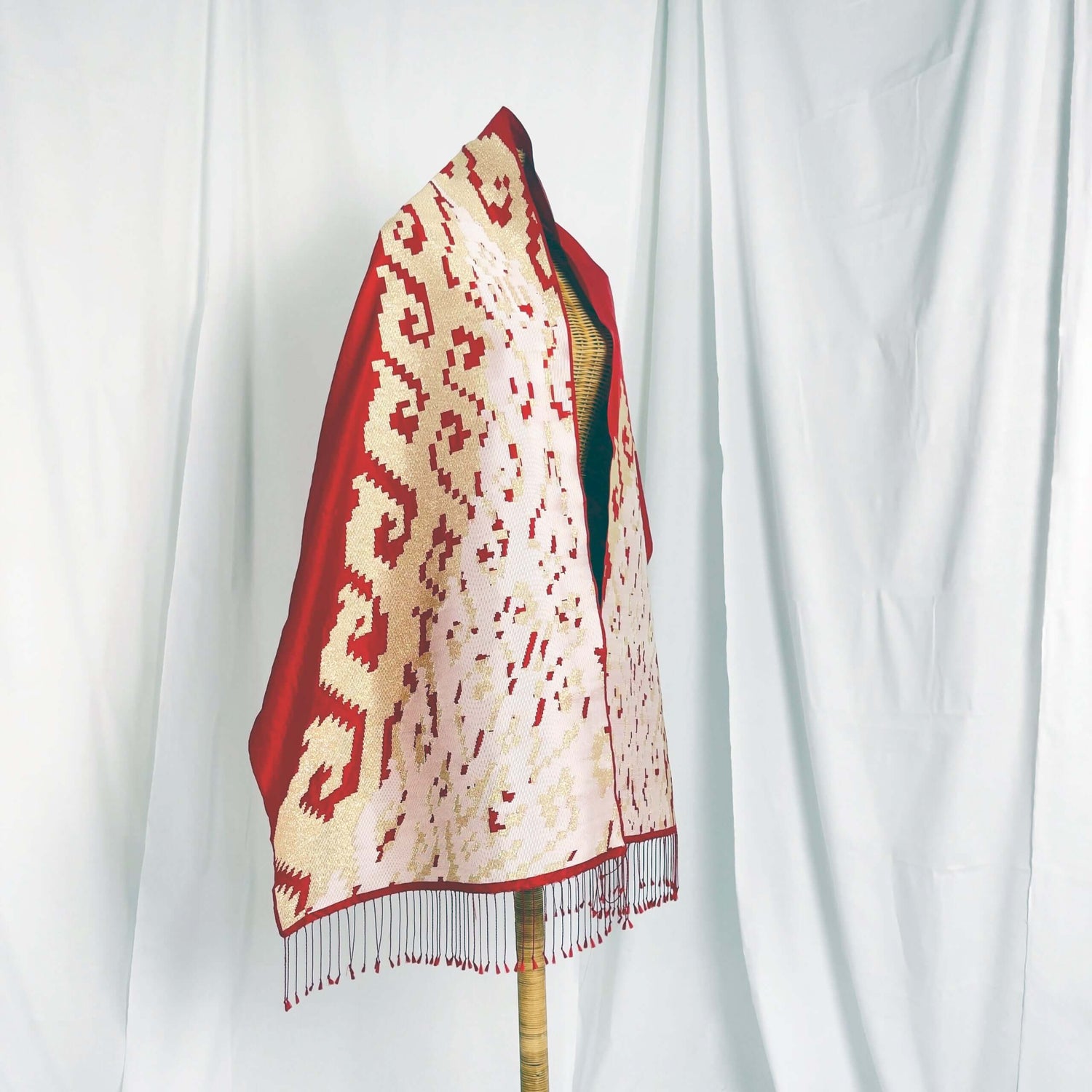
Handwoven songket shawls
Here is our collection of handwoven songket shawls. Each piece made from...
-

Handwoven Songket Textiles
Explore our amazing collection of handwoven songket woven textiles. Each piece made...
Pickup available at
Pickup available at
TANOTI HOUSE
Usually ready in 2-4 days
